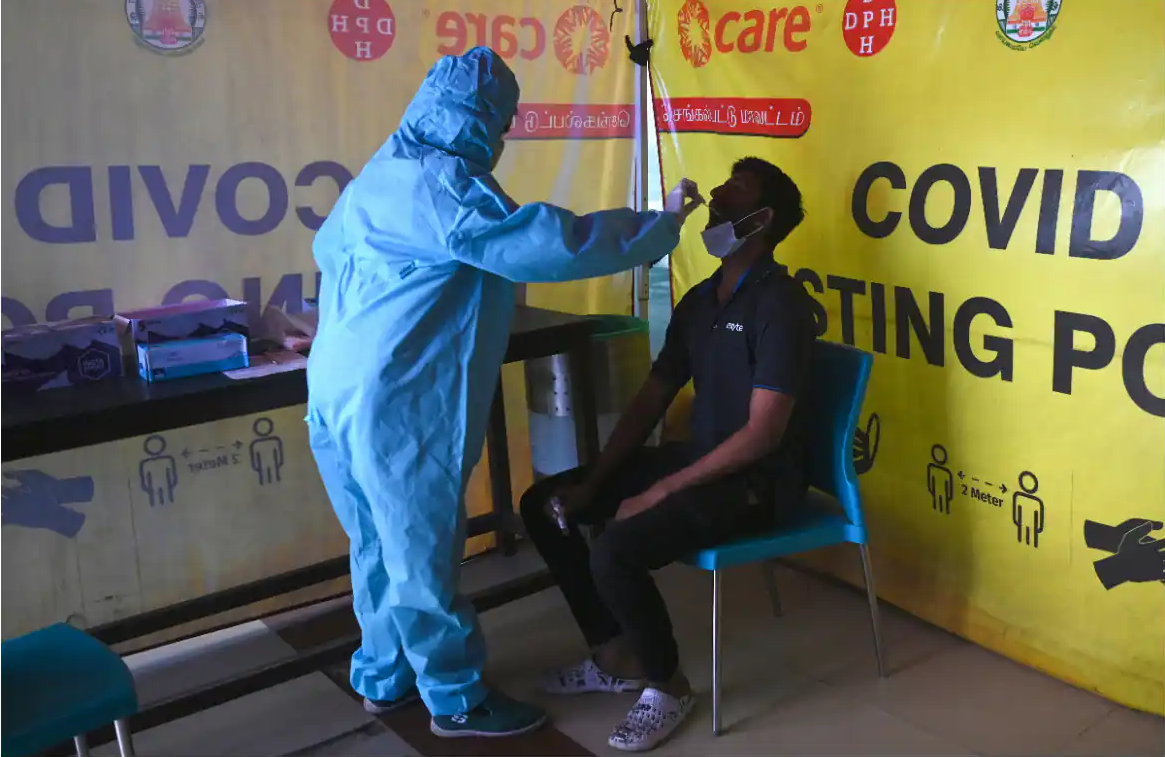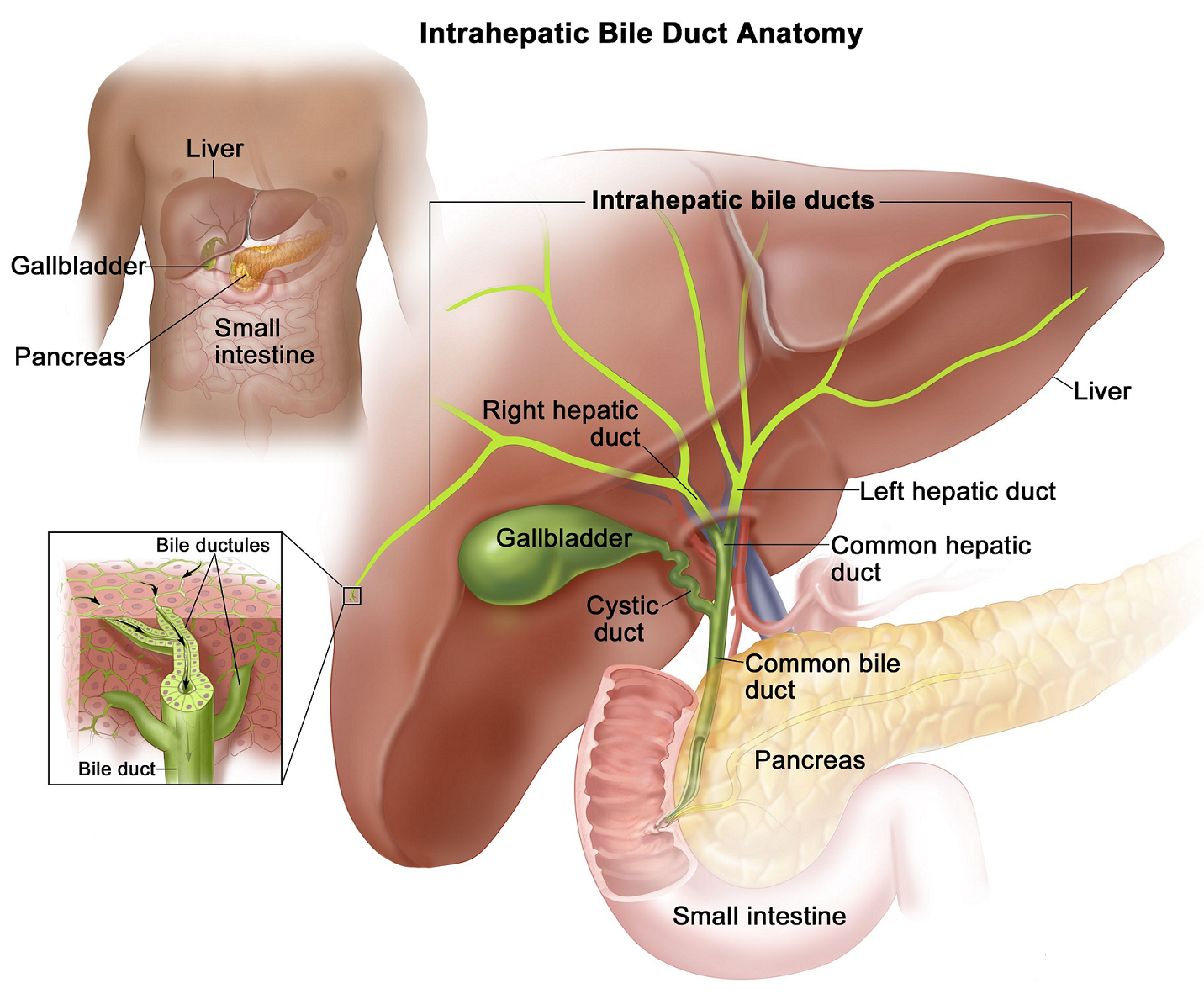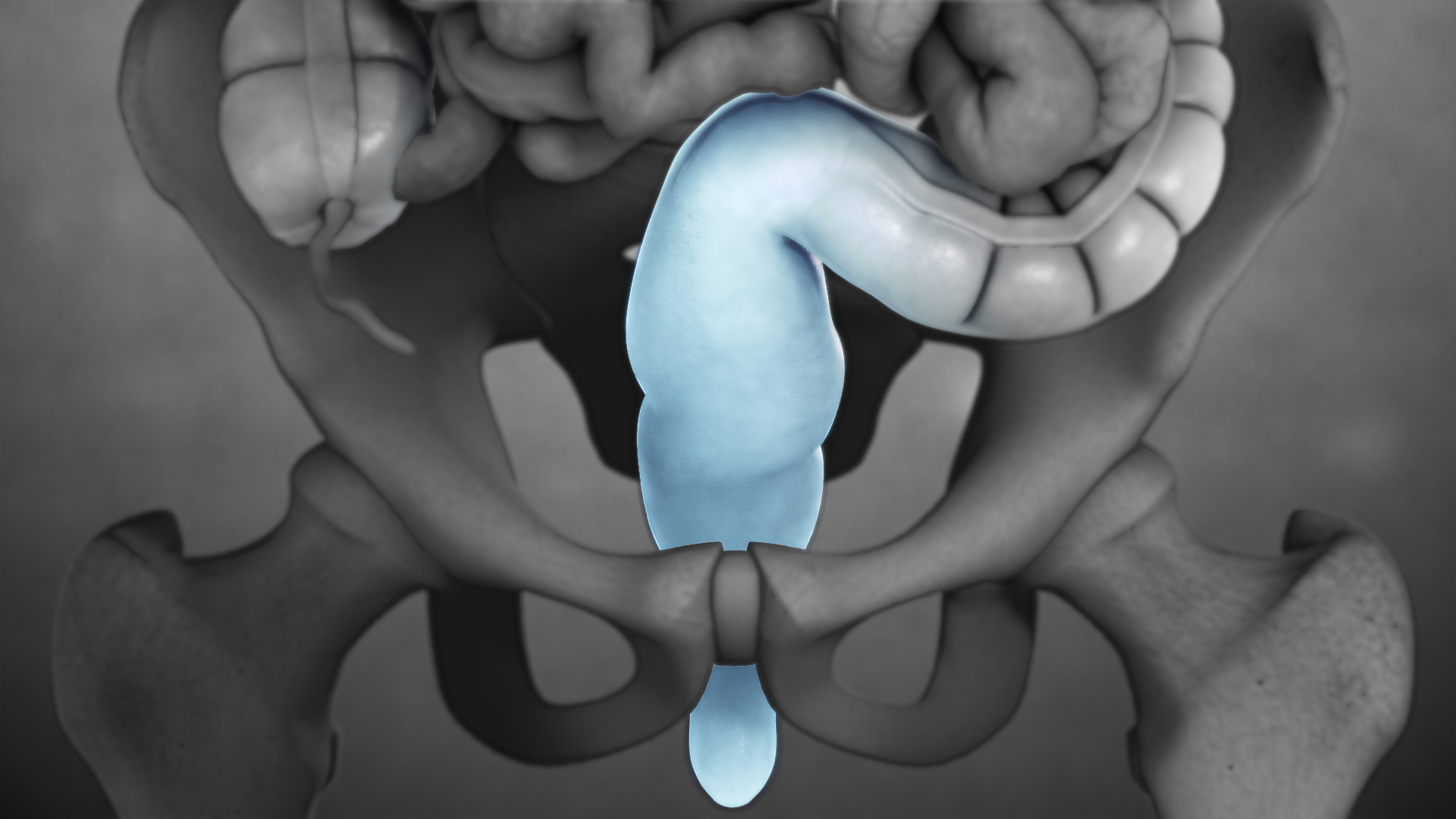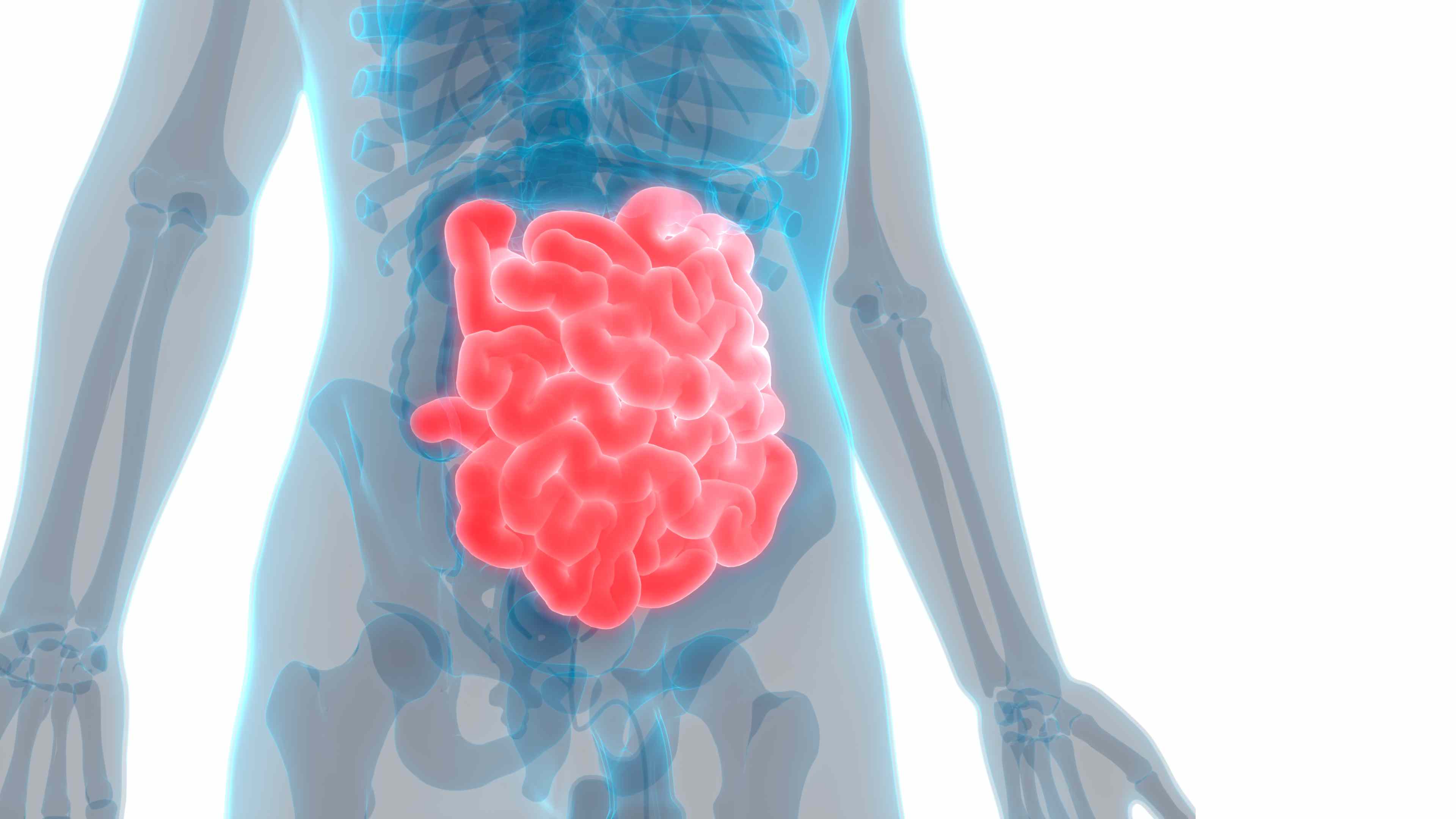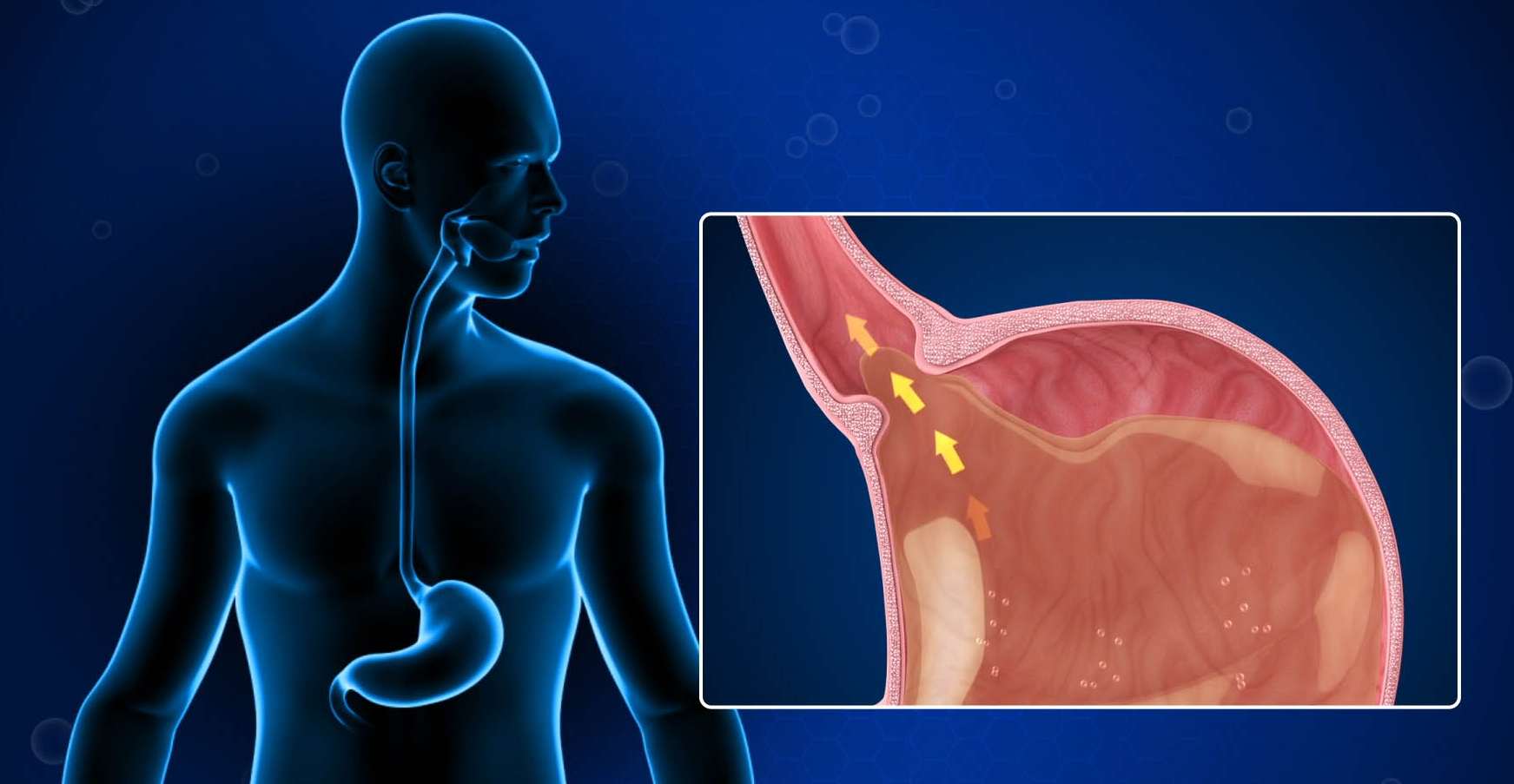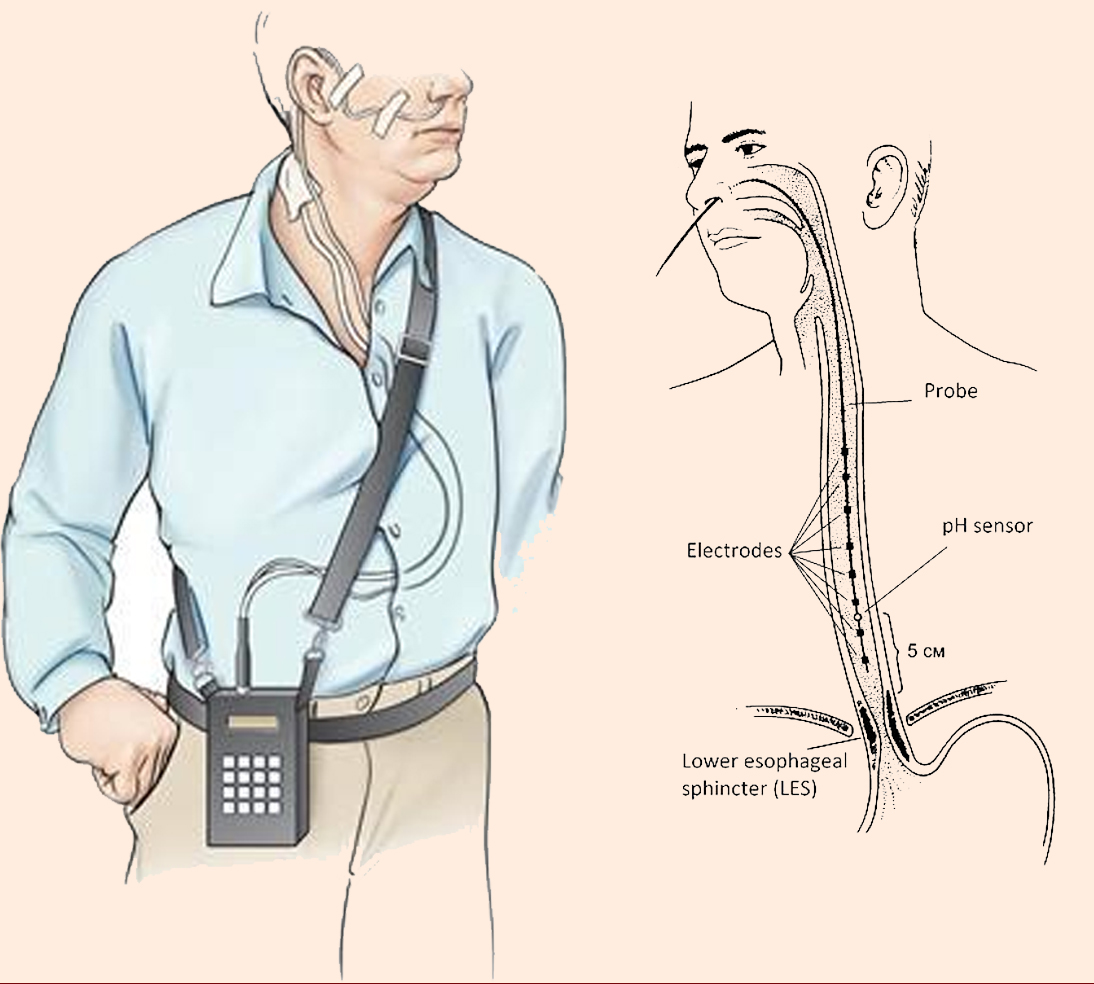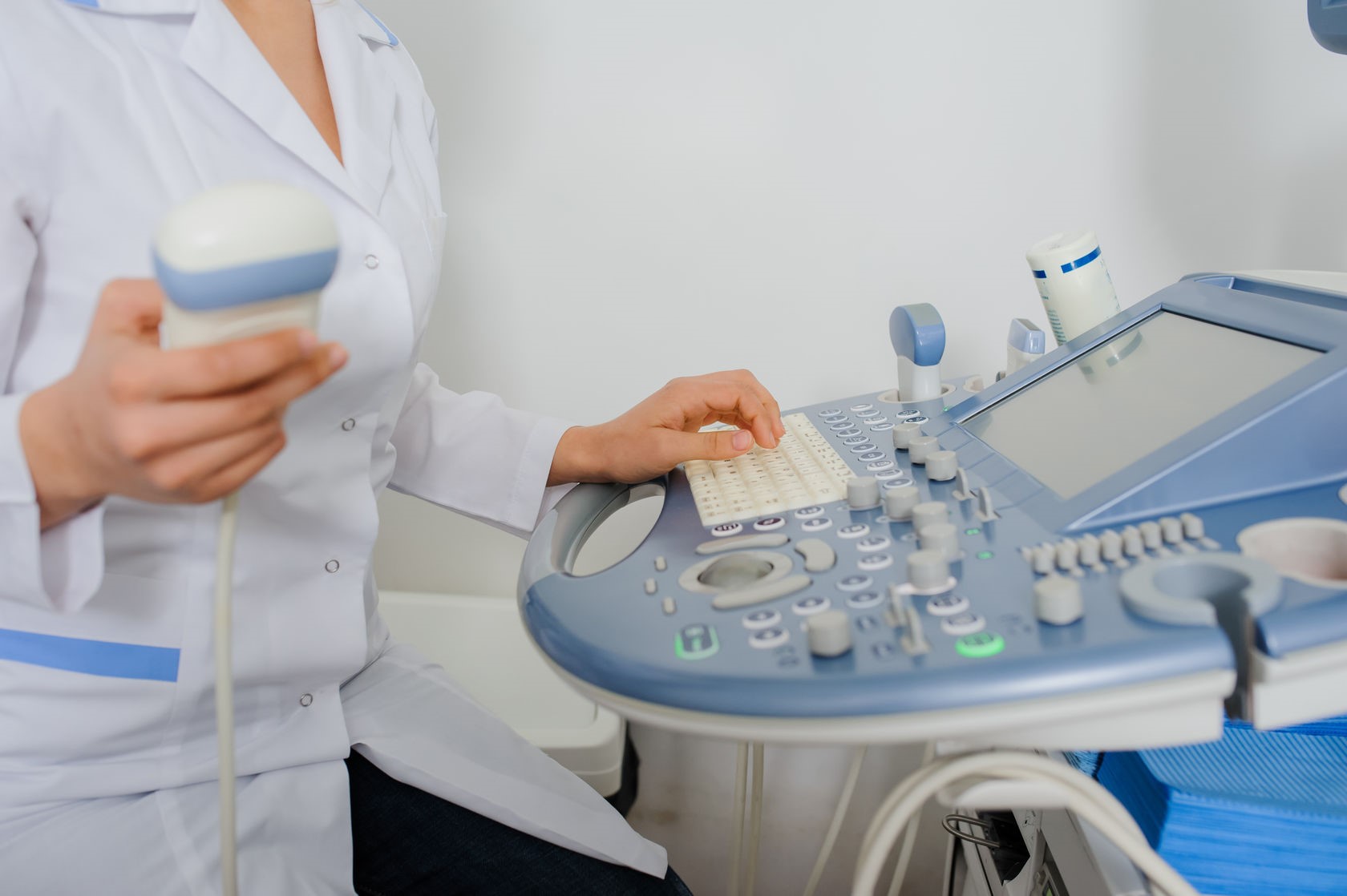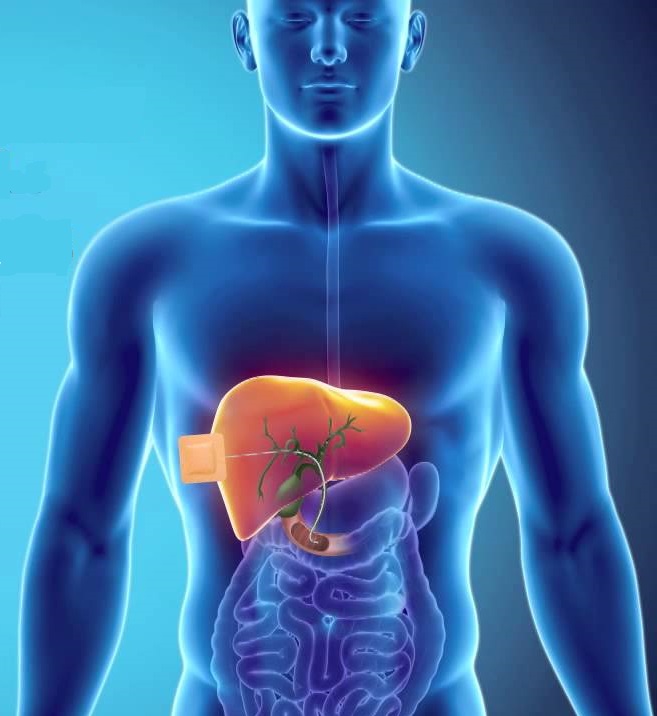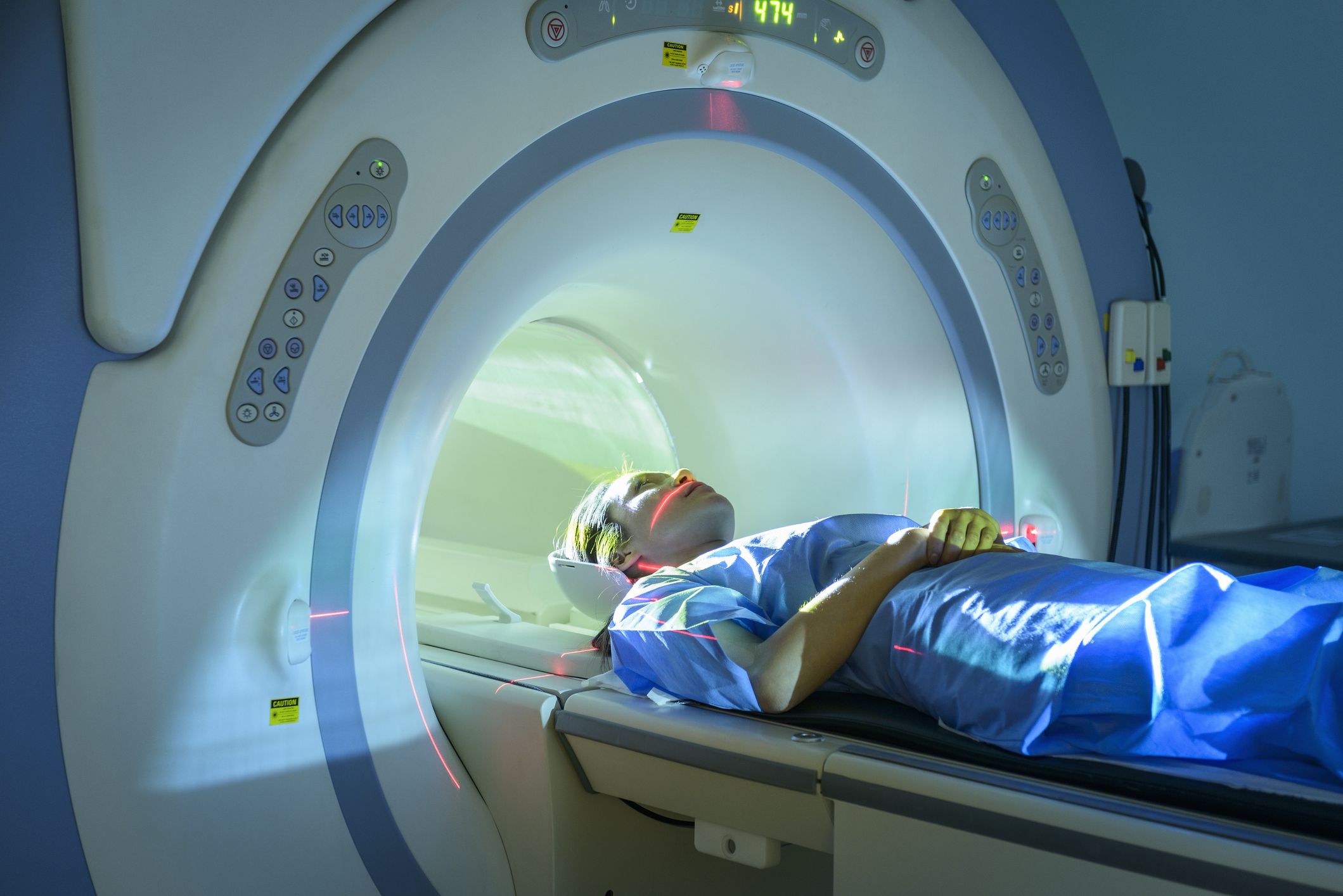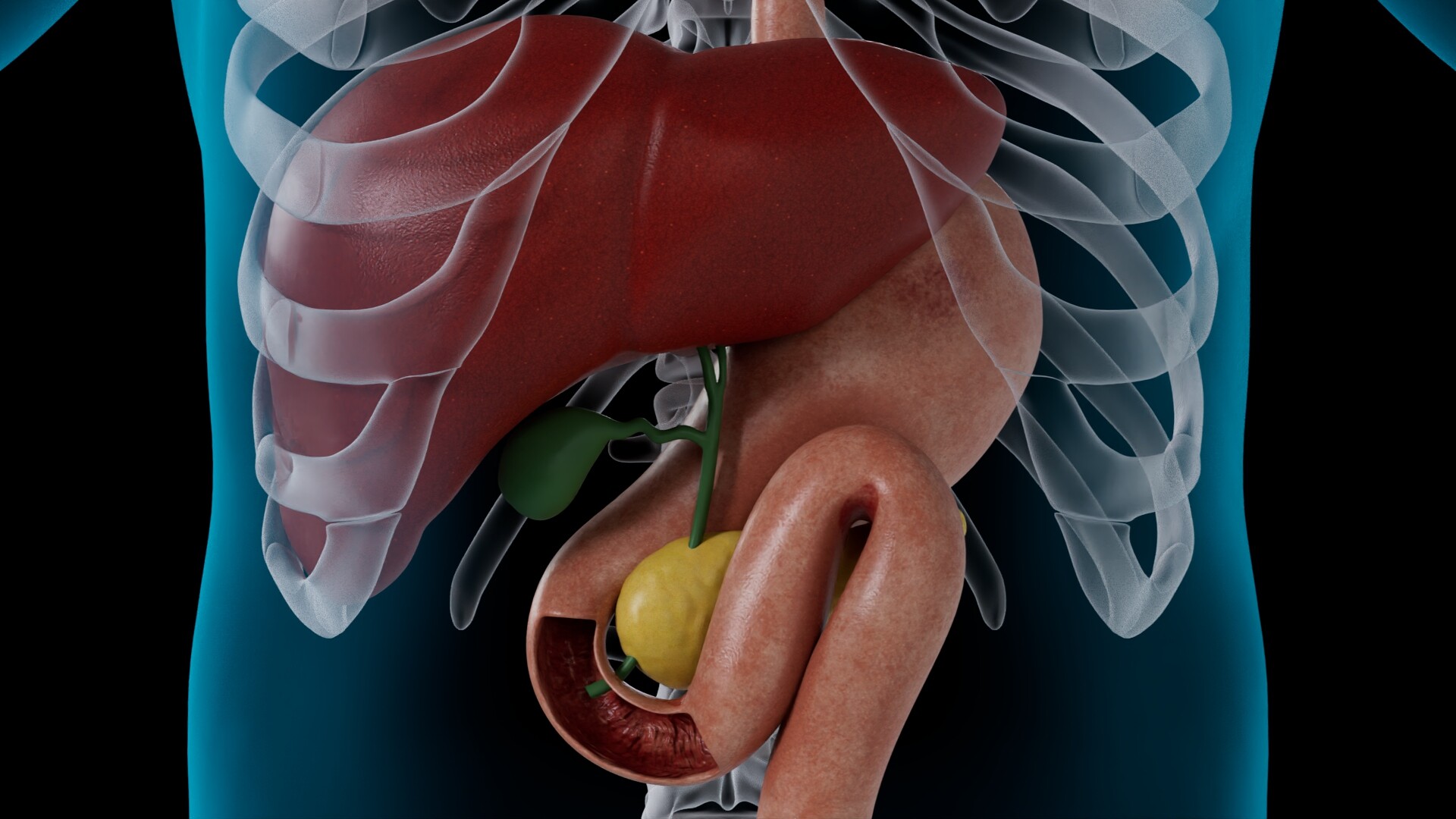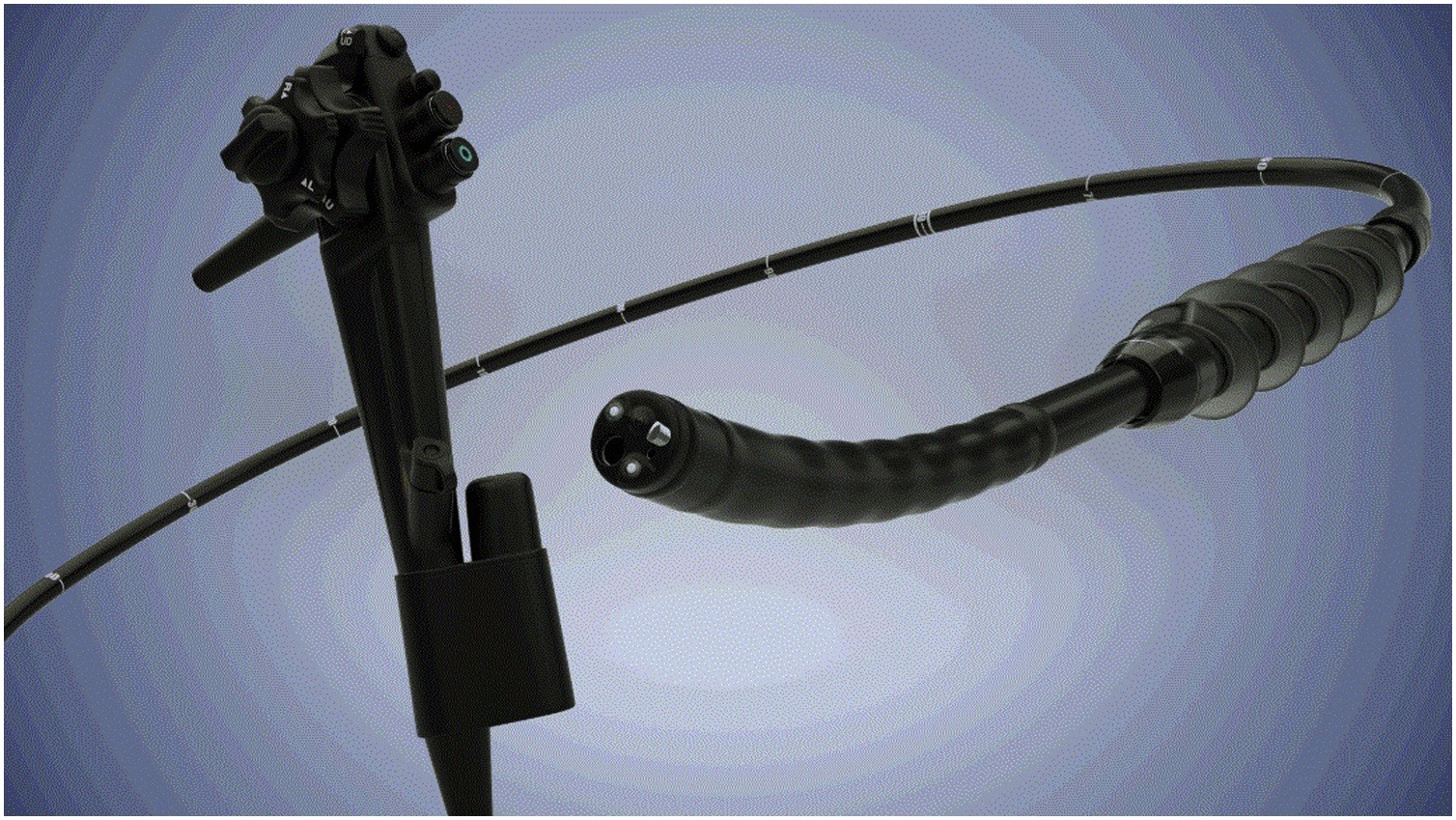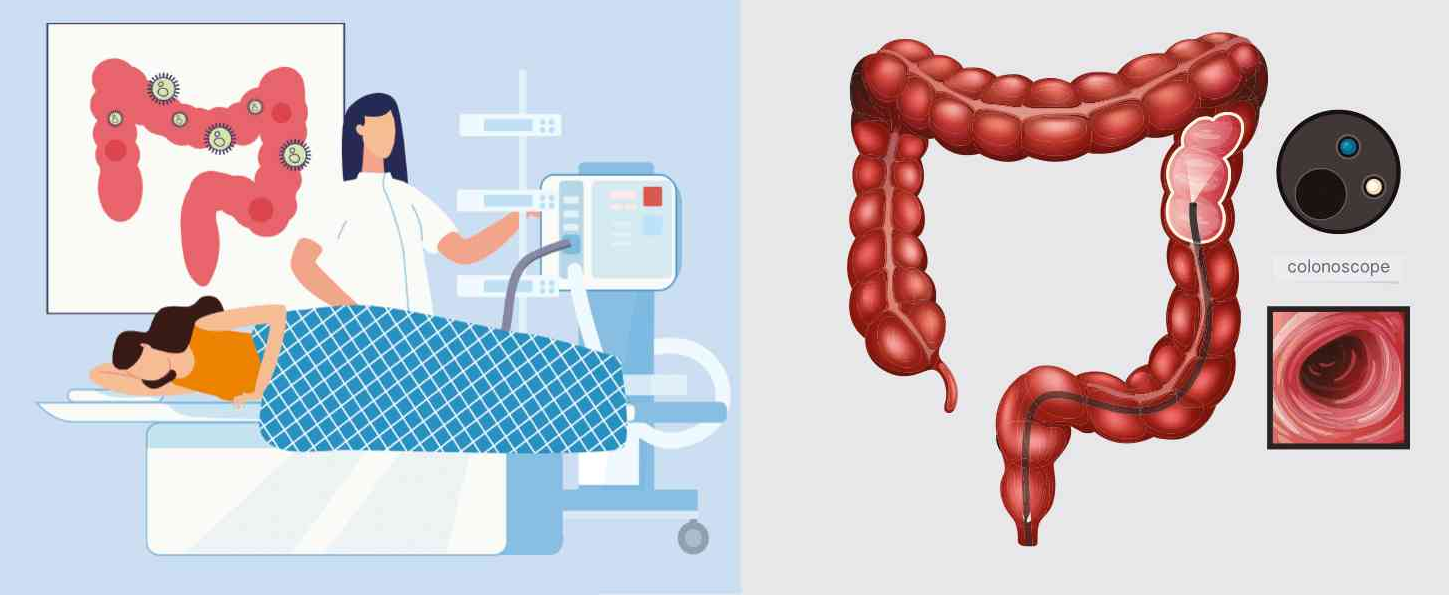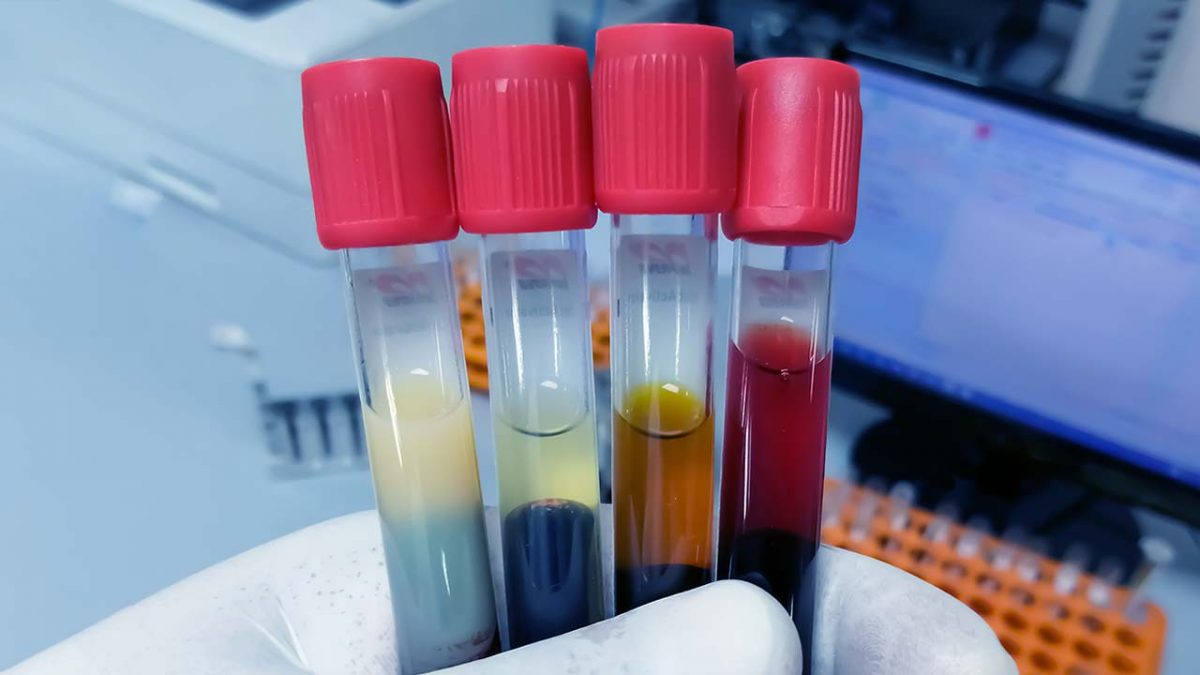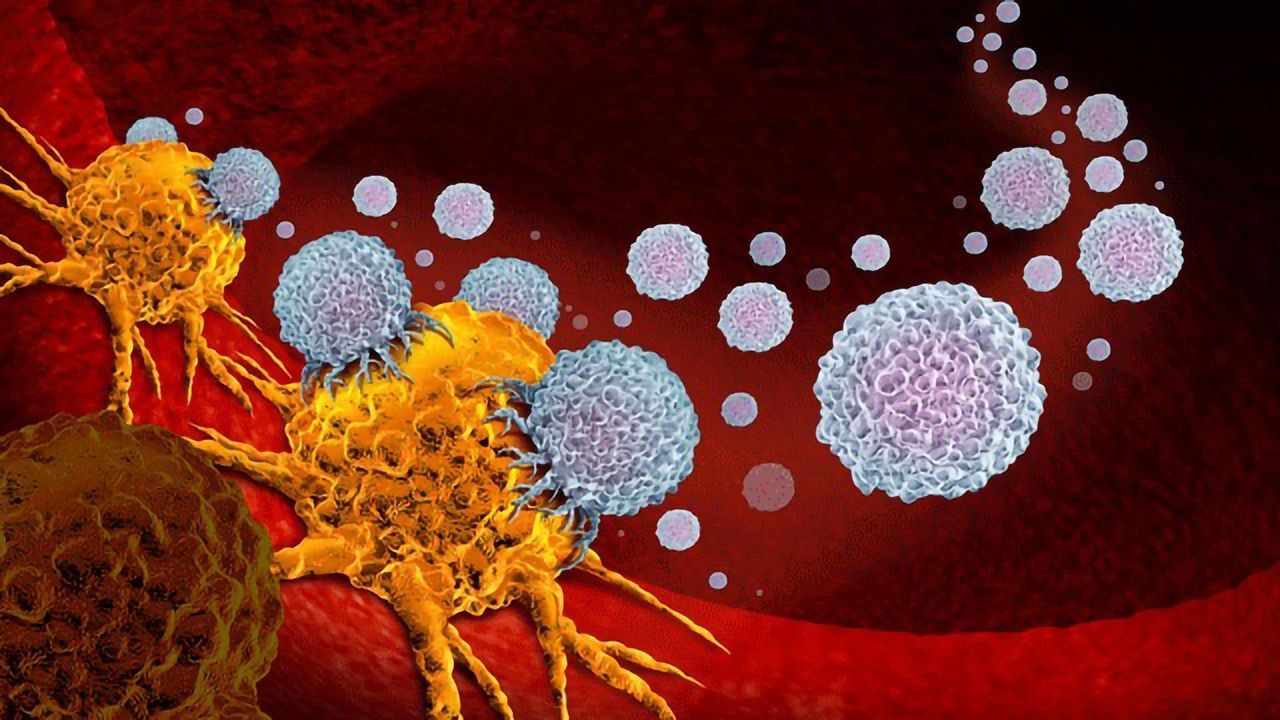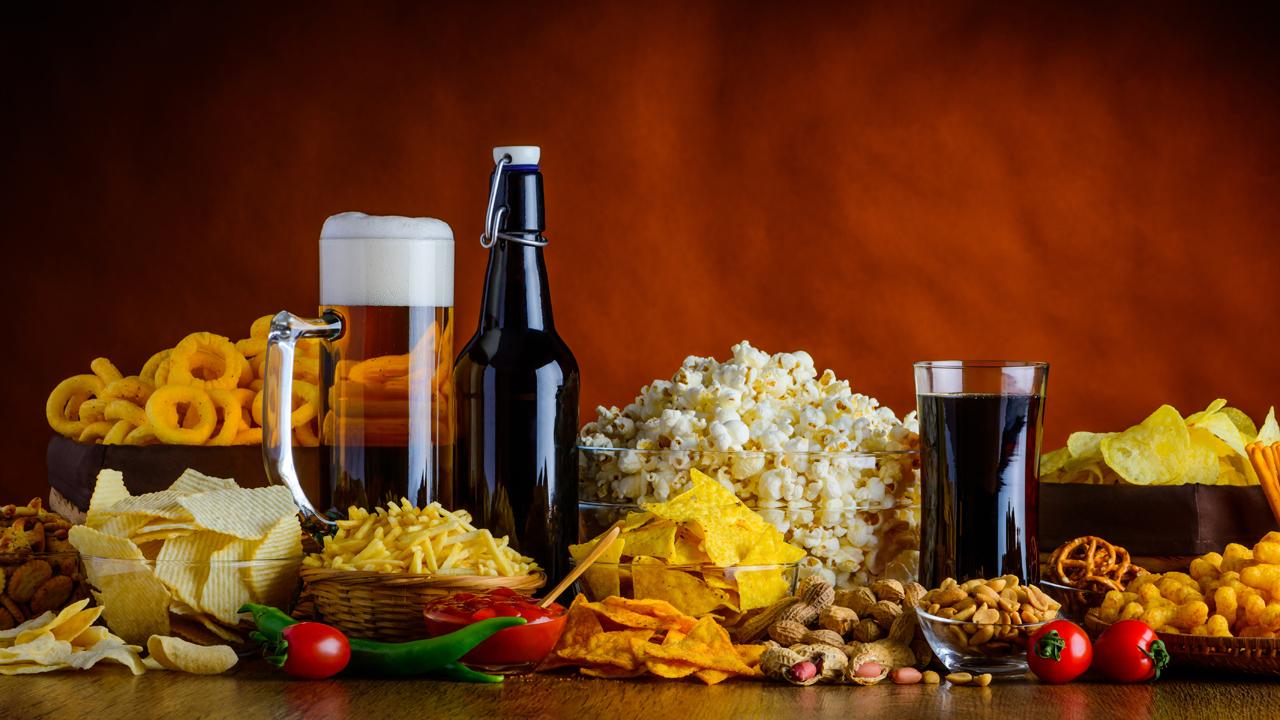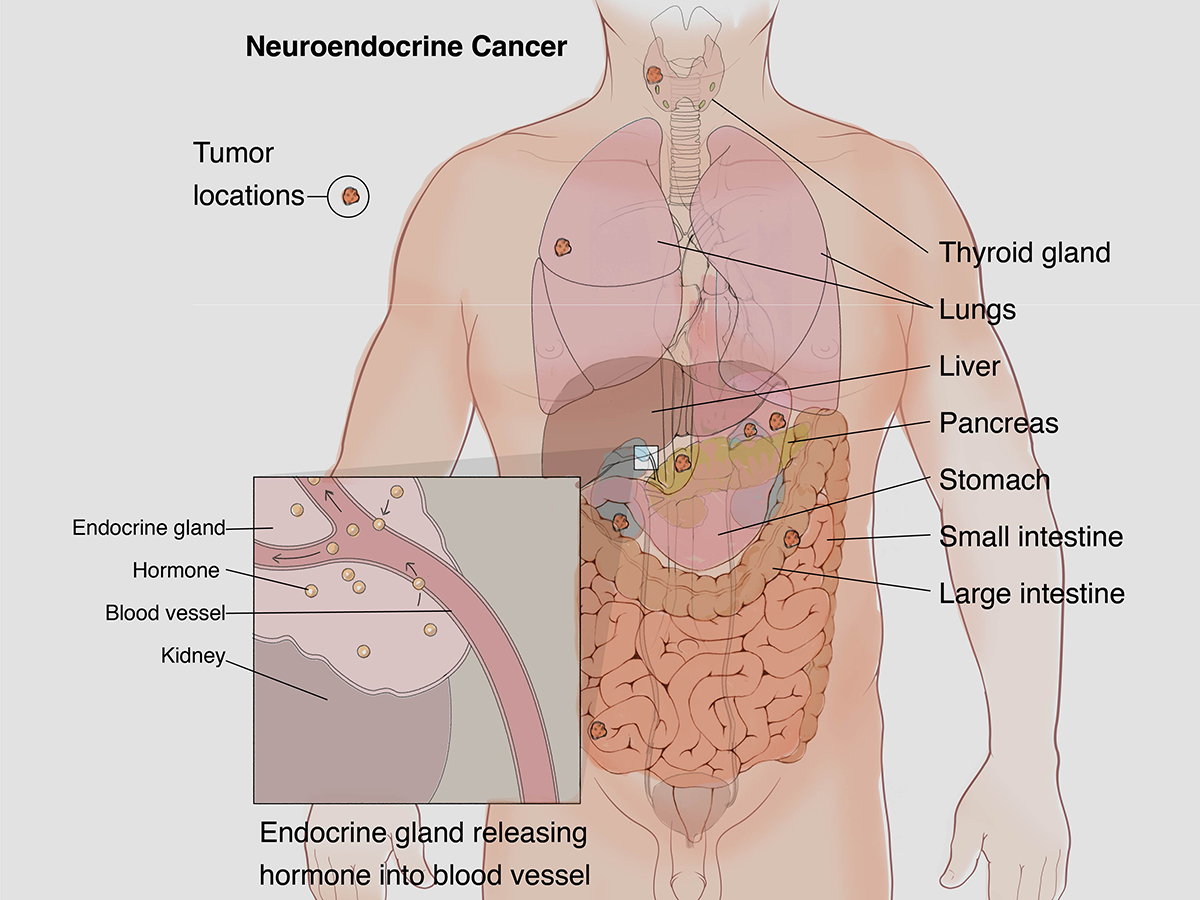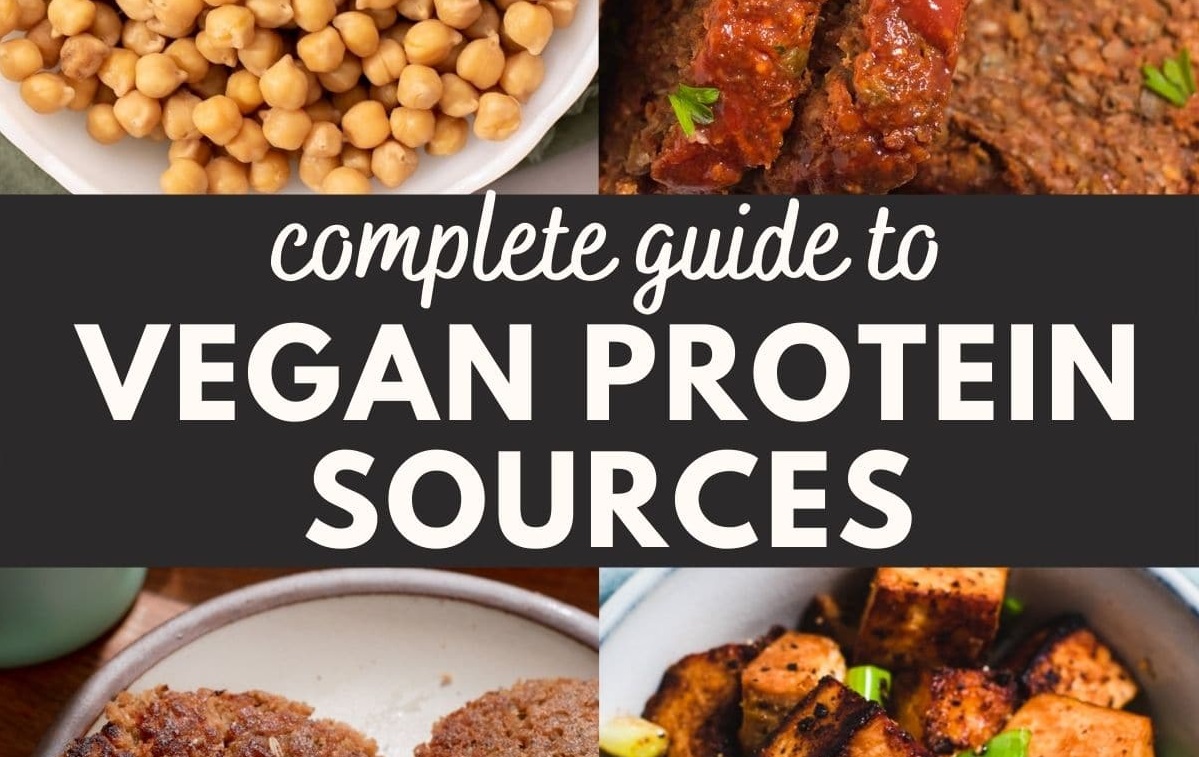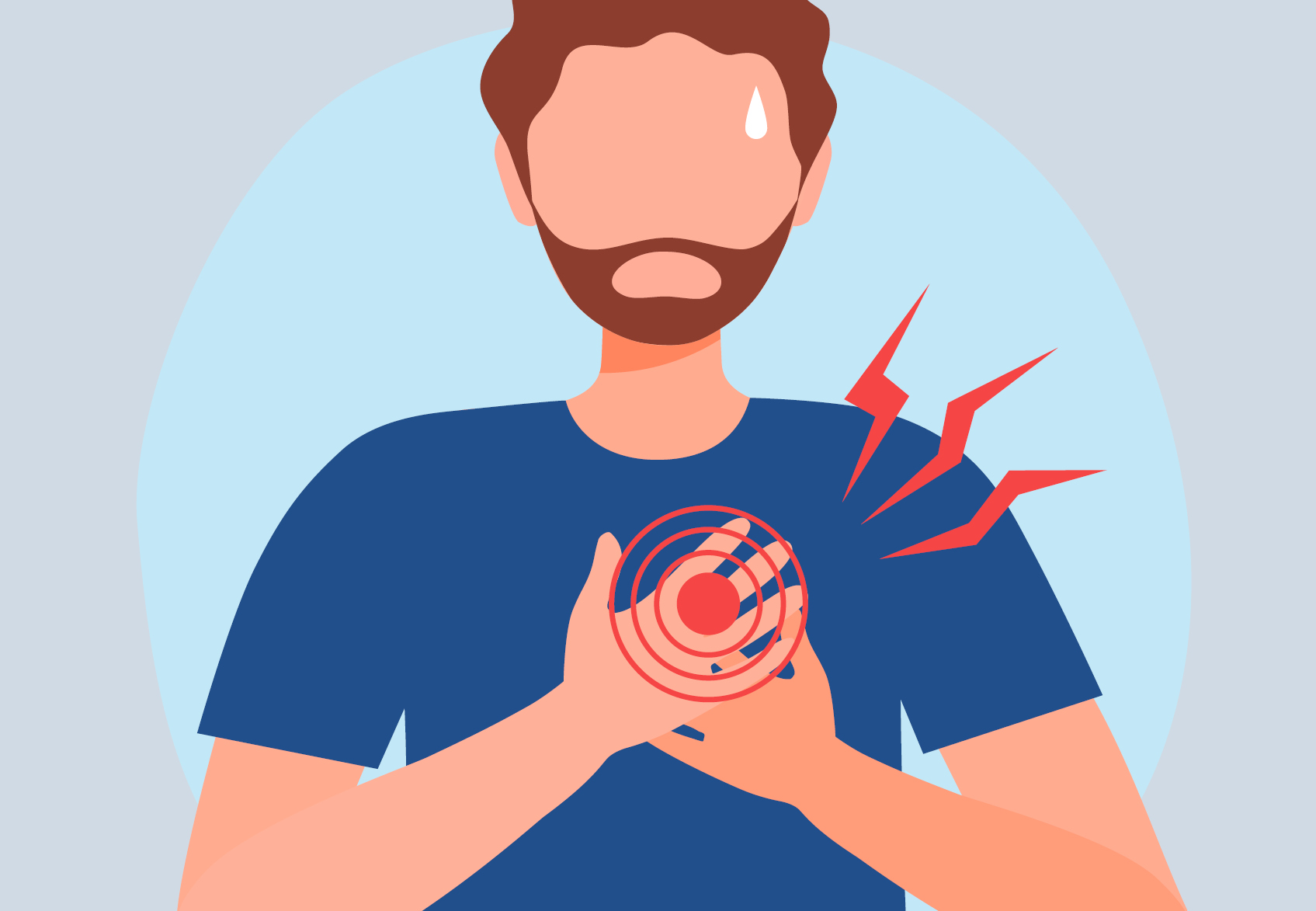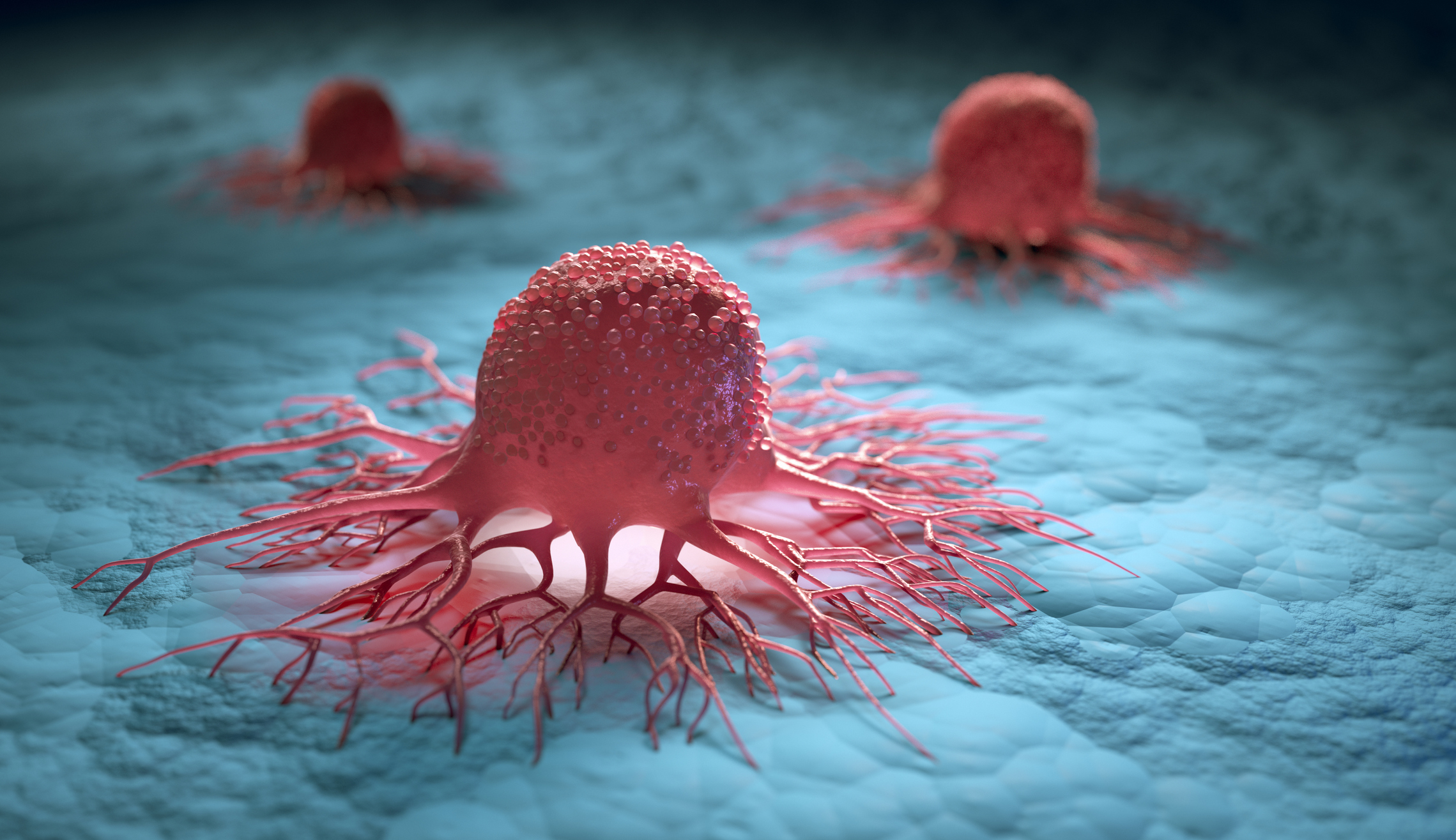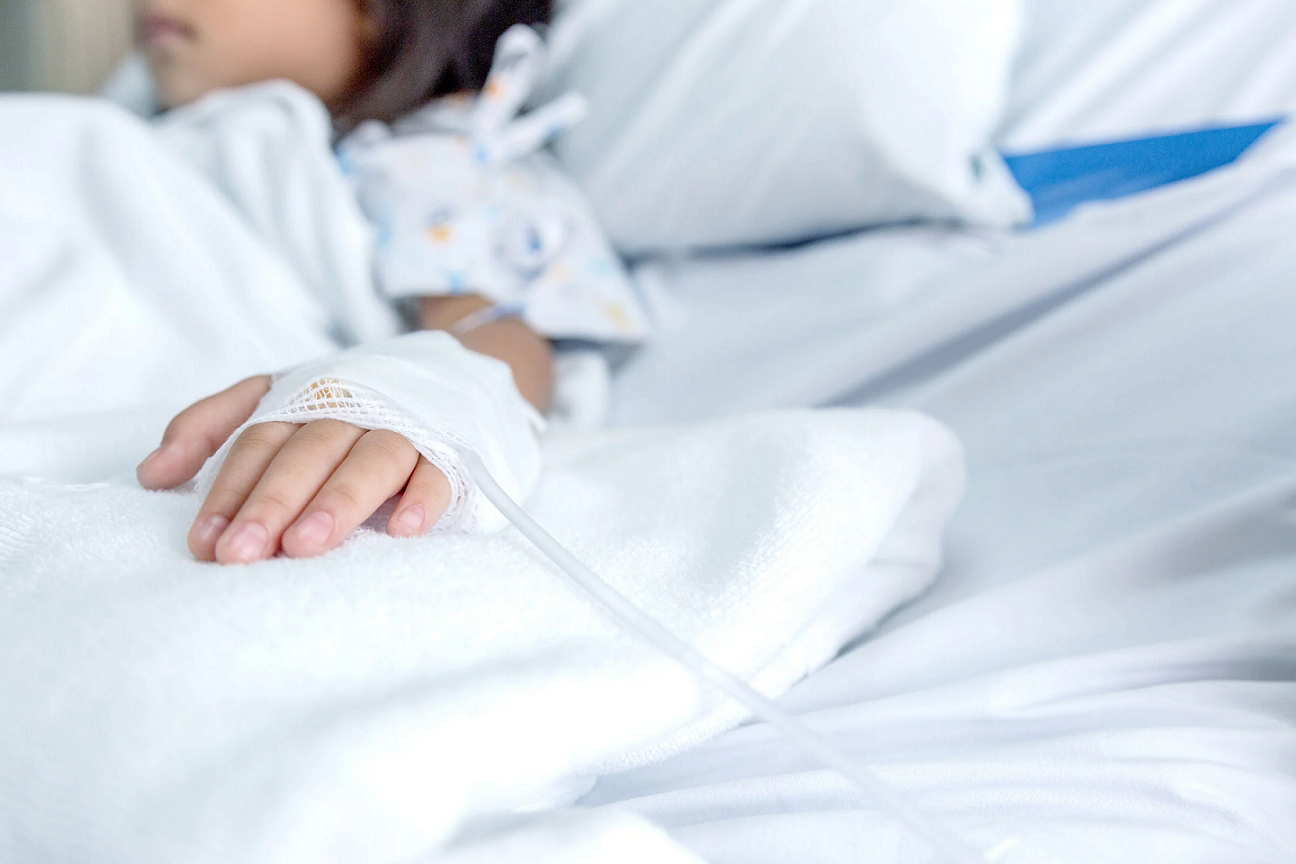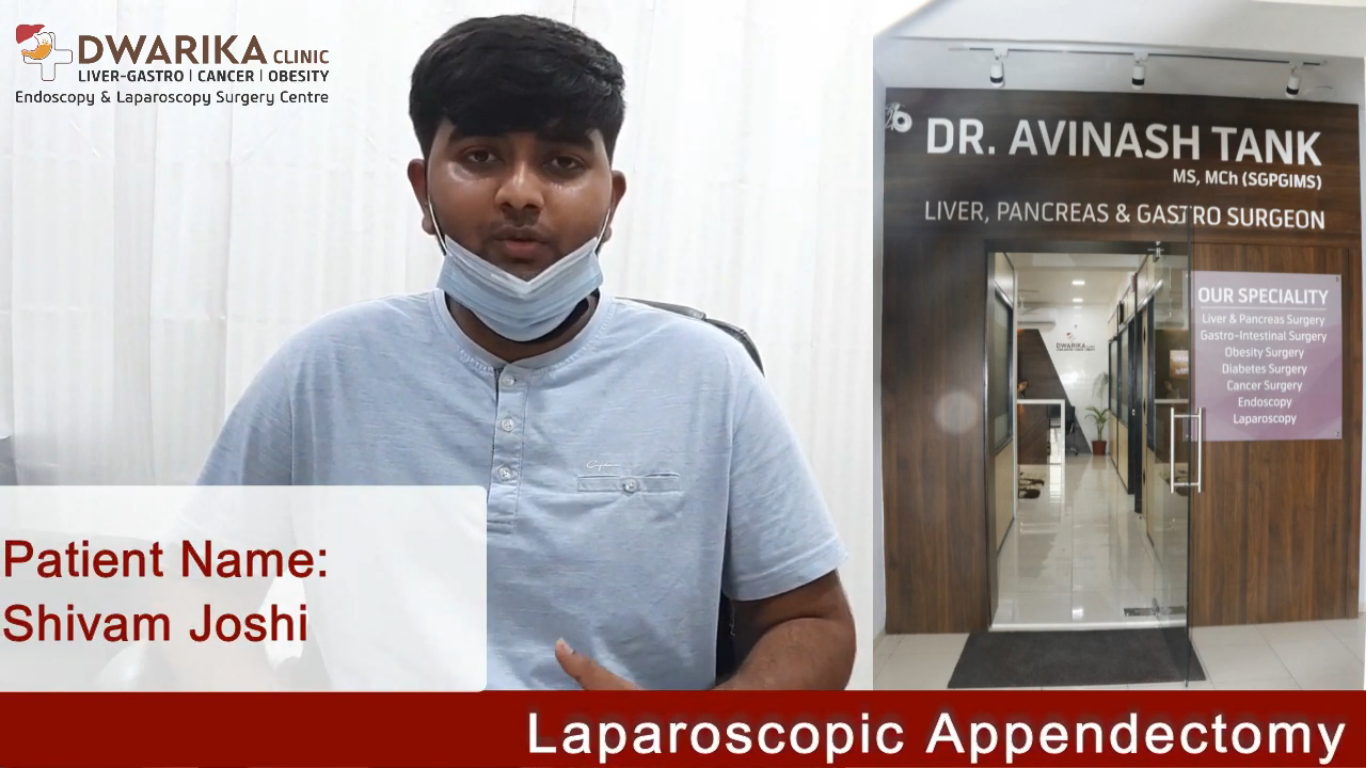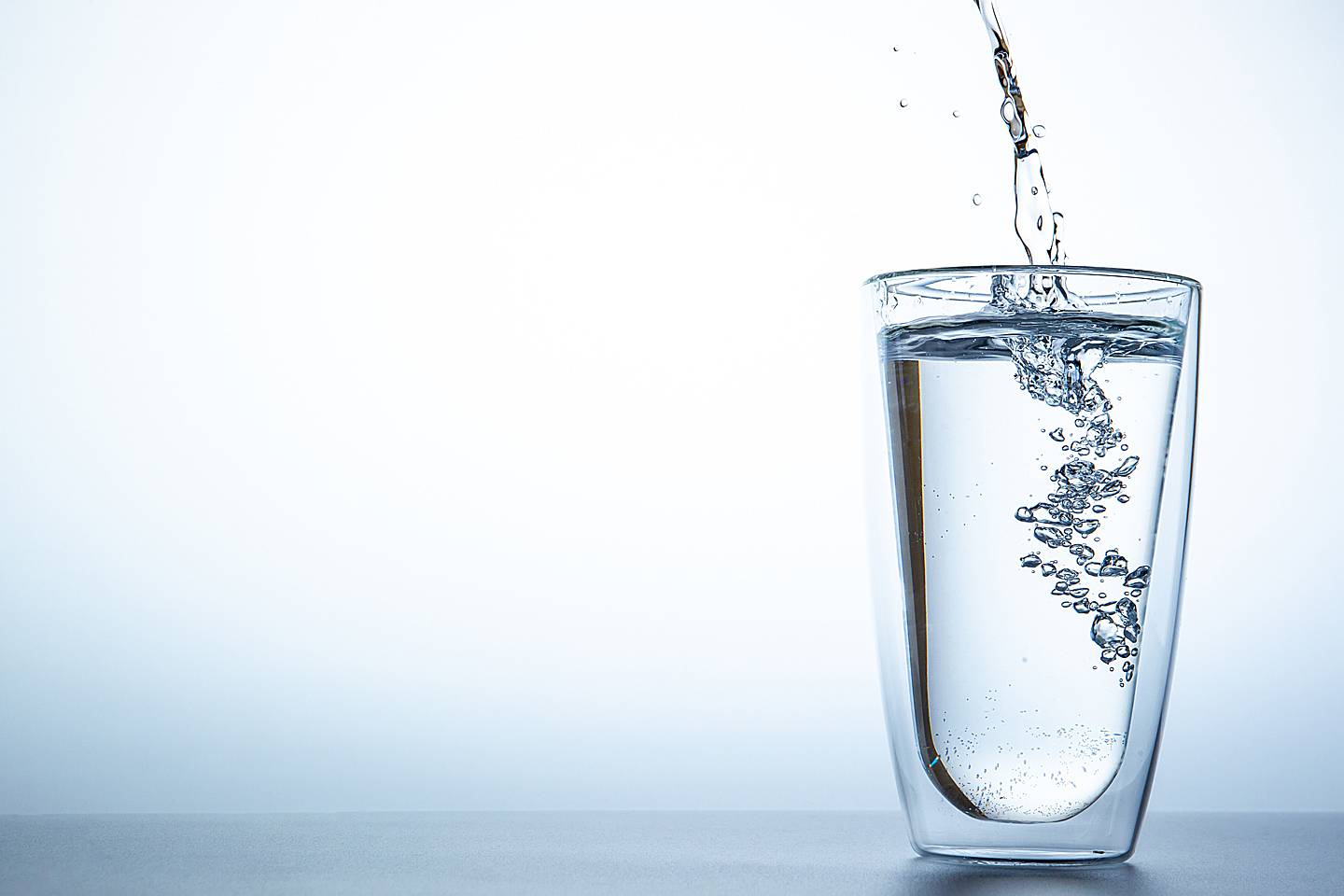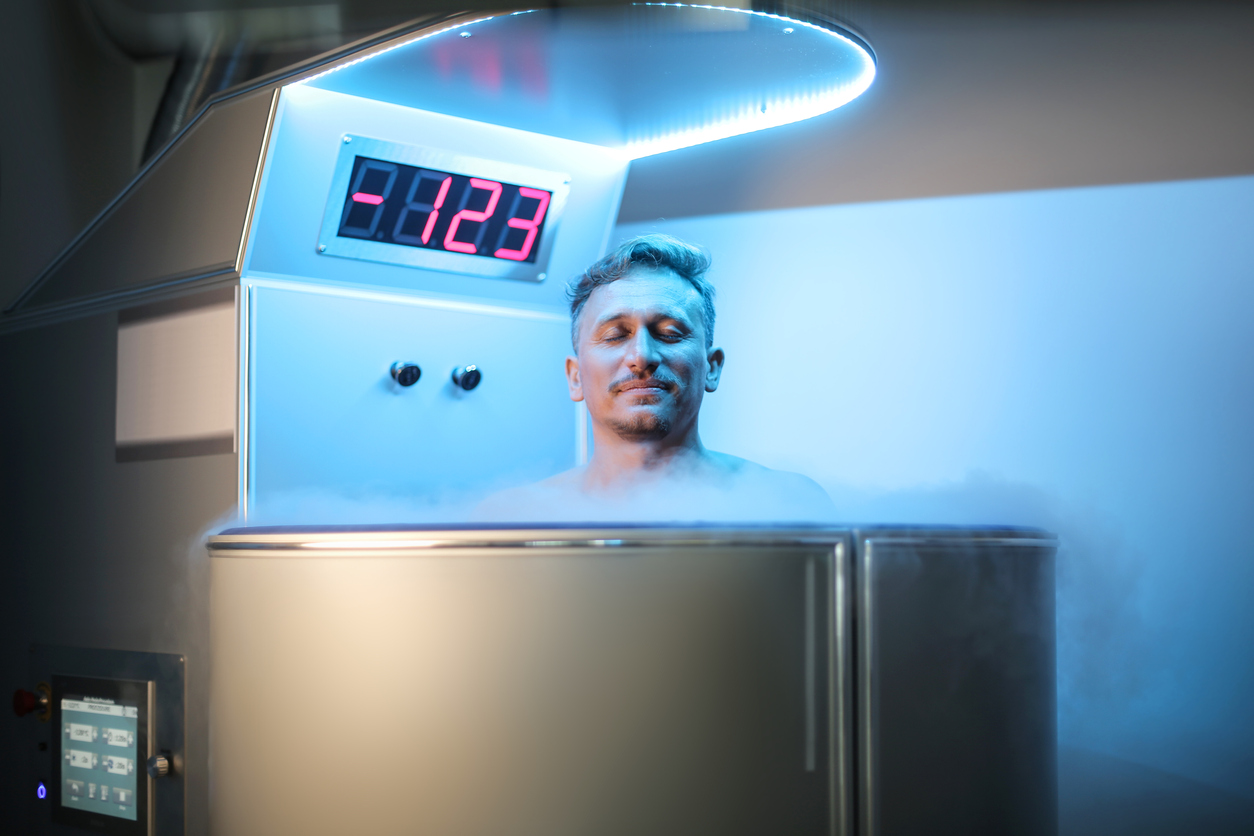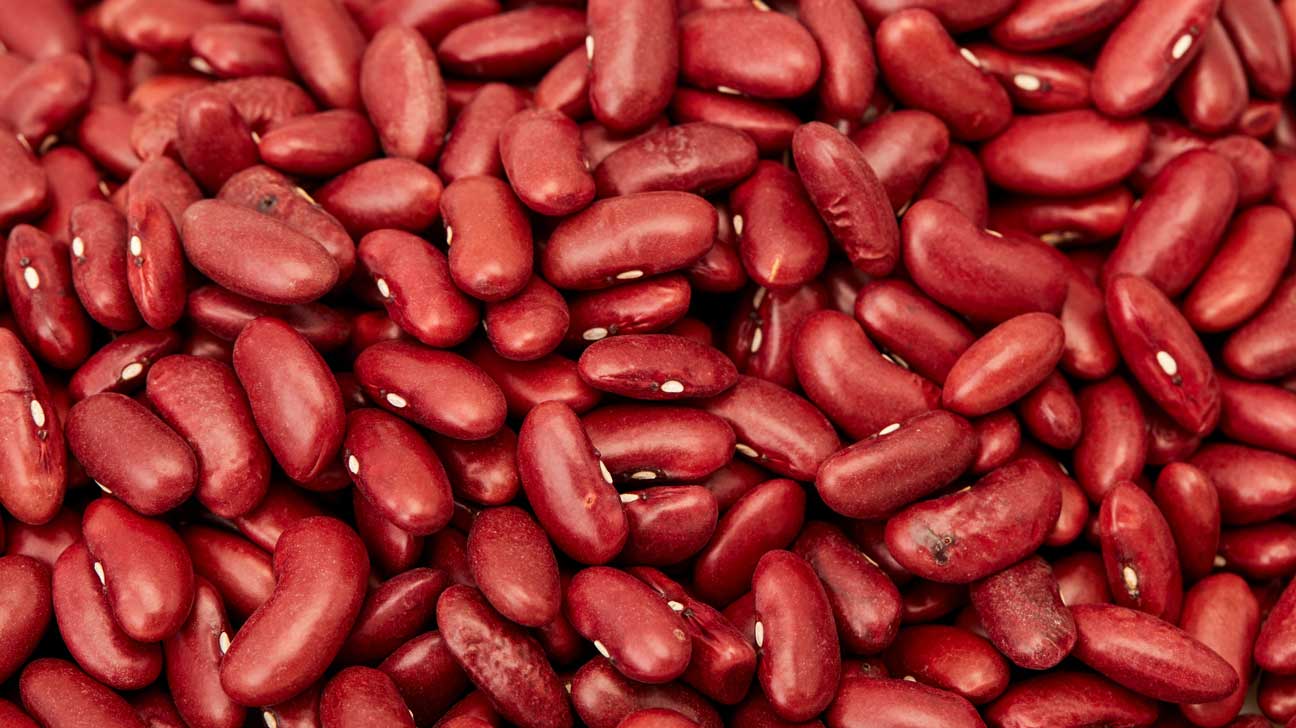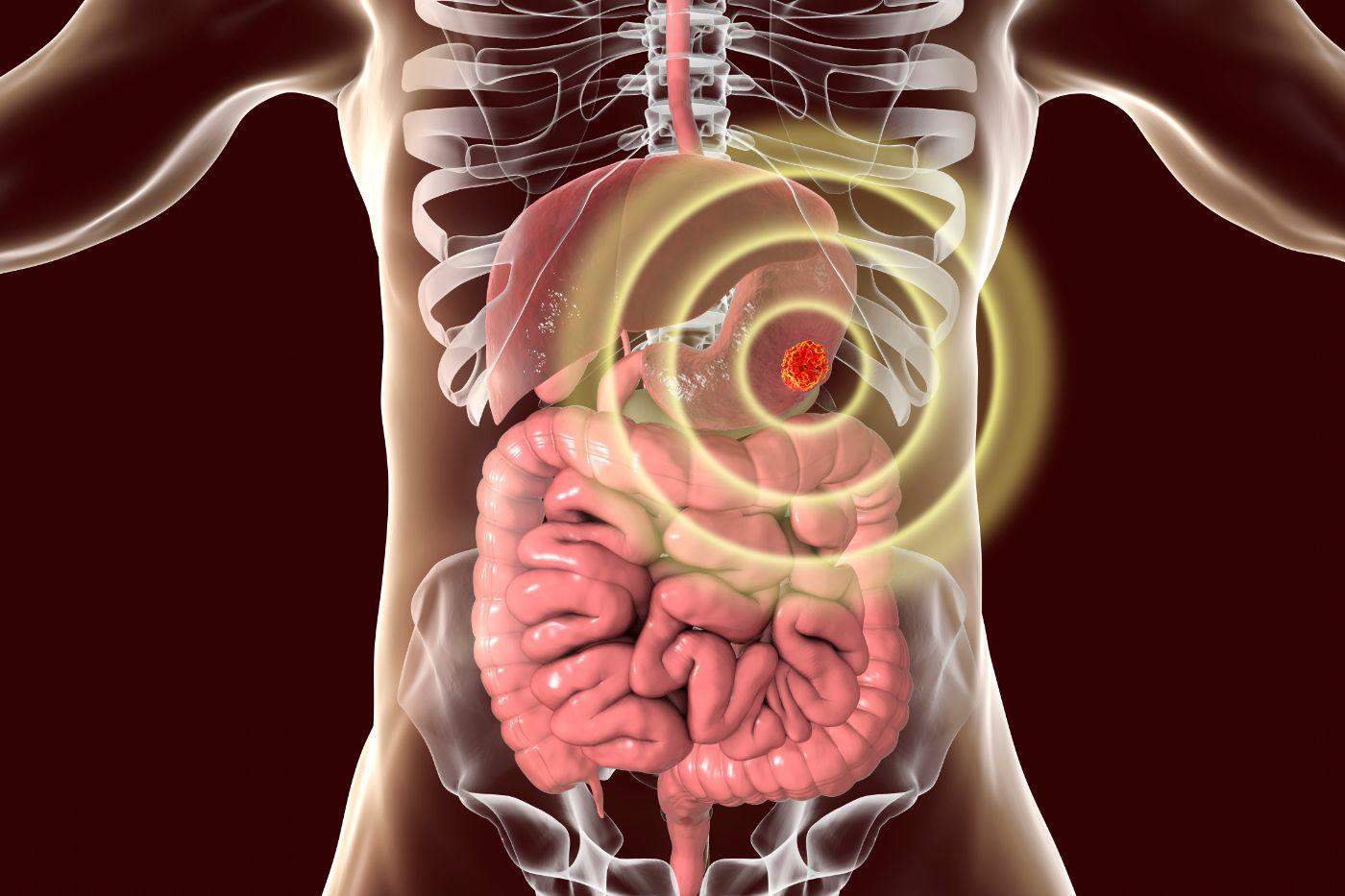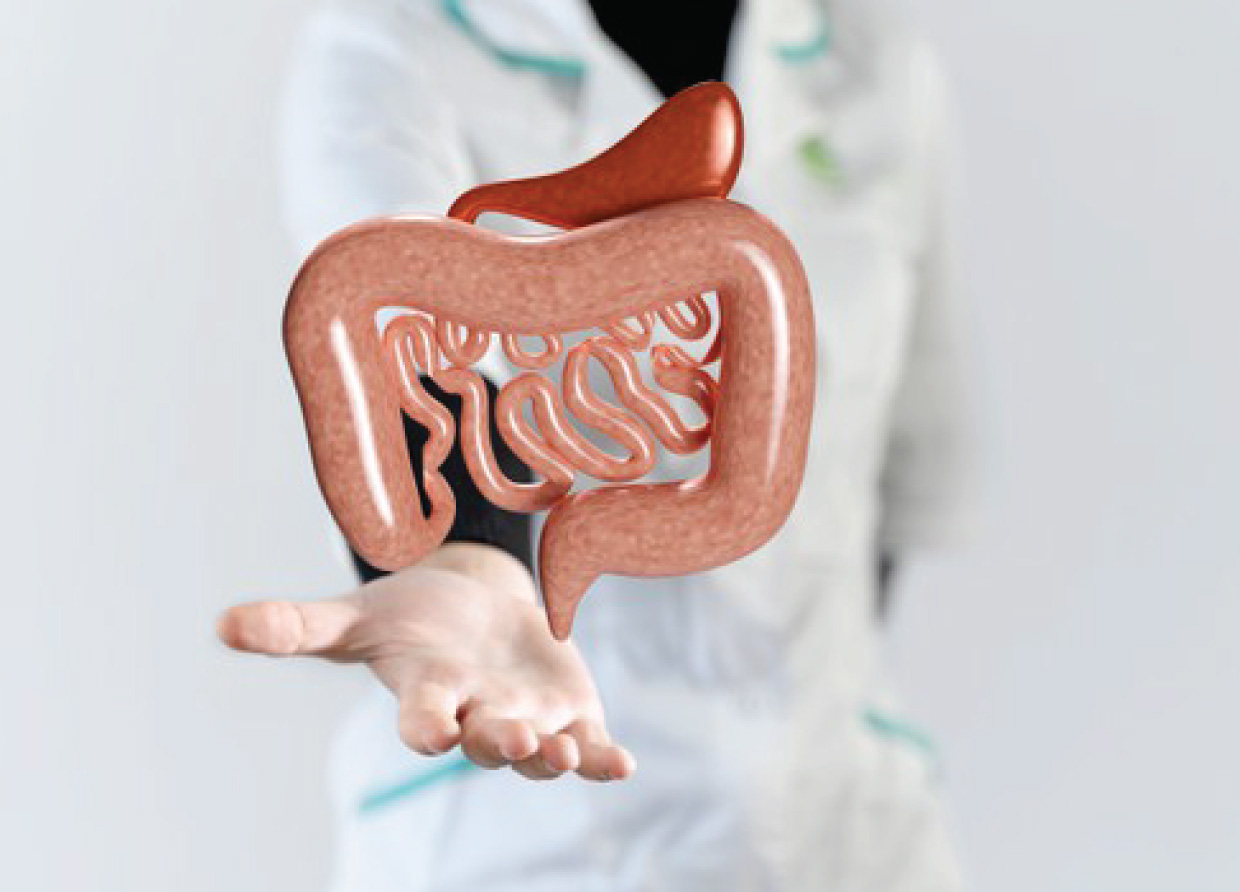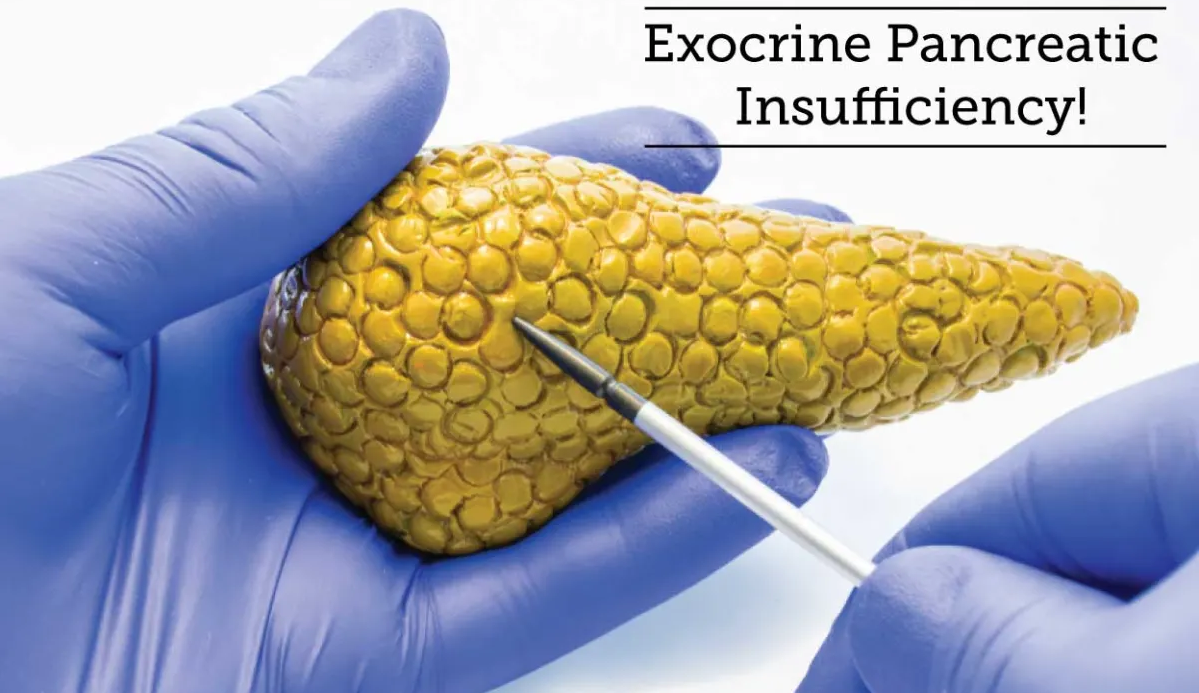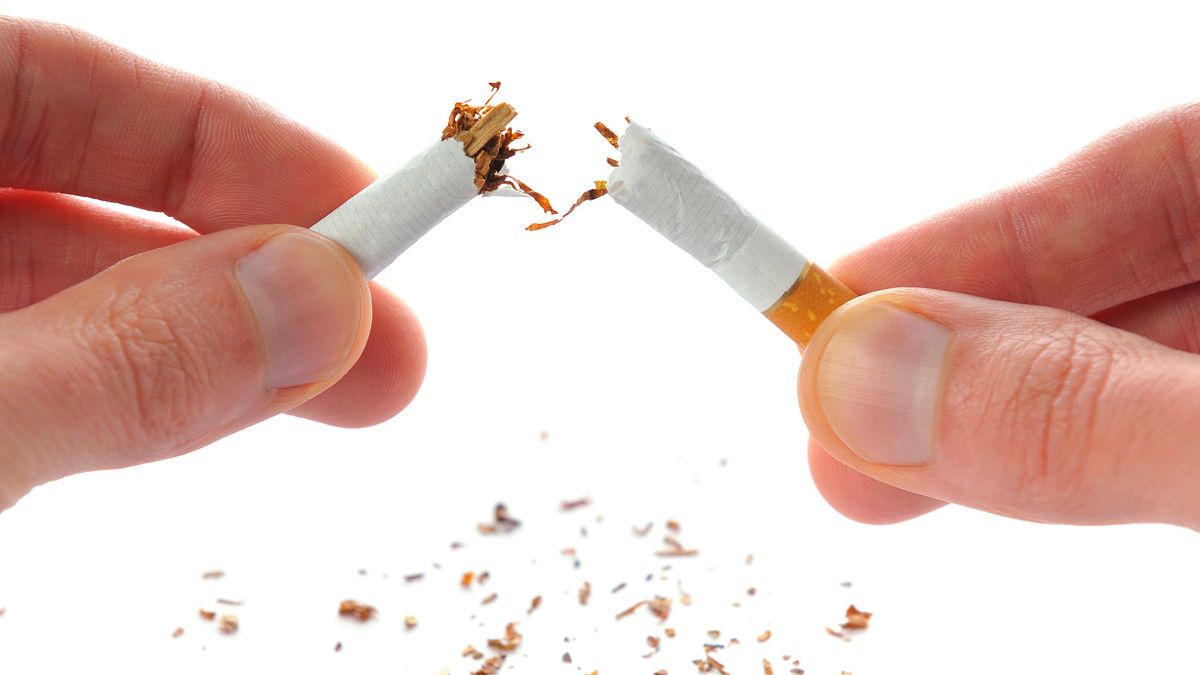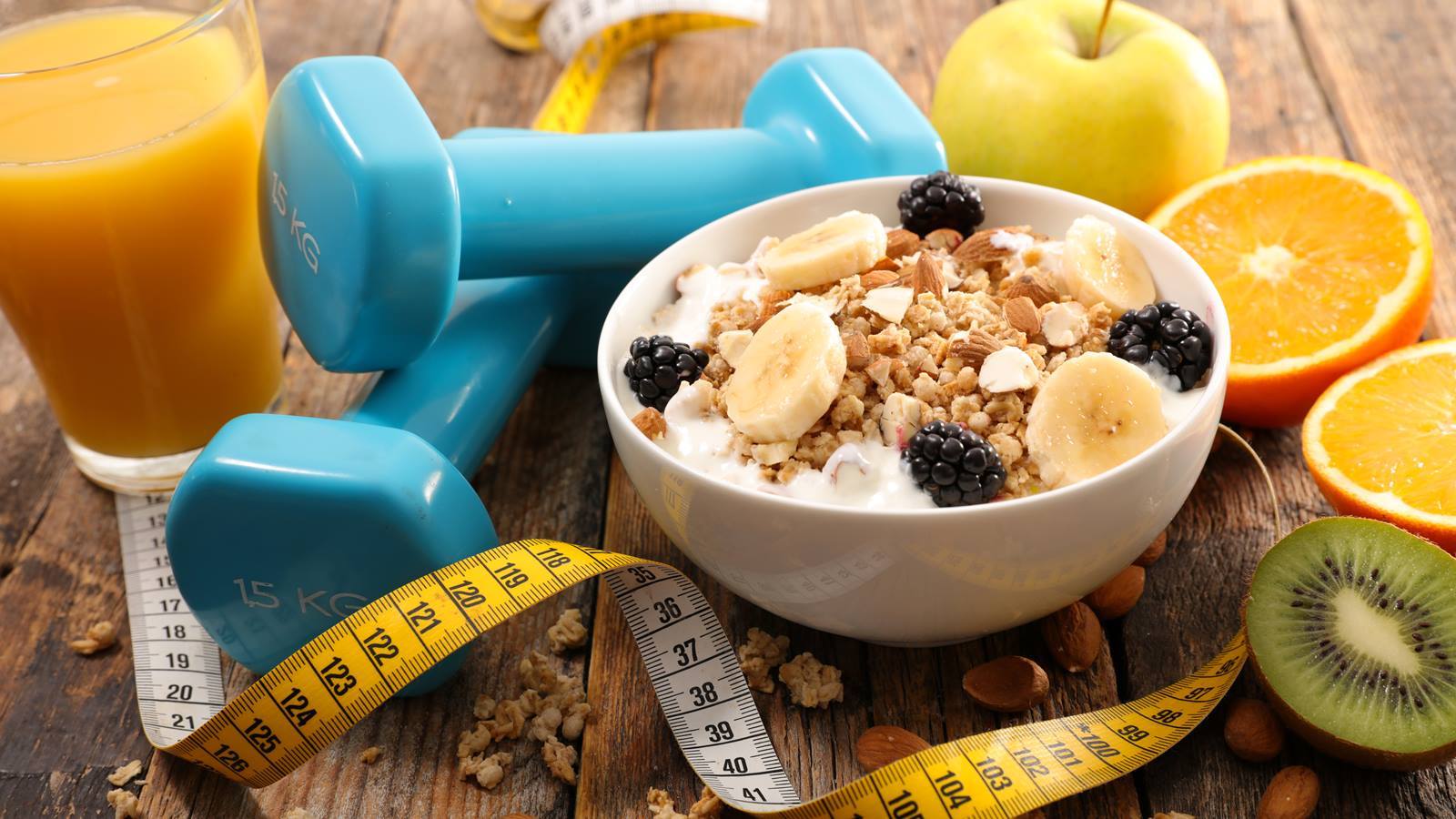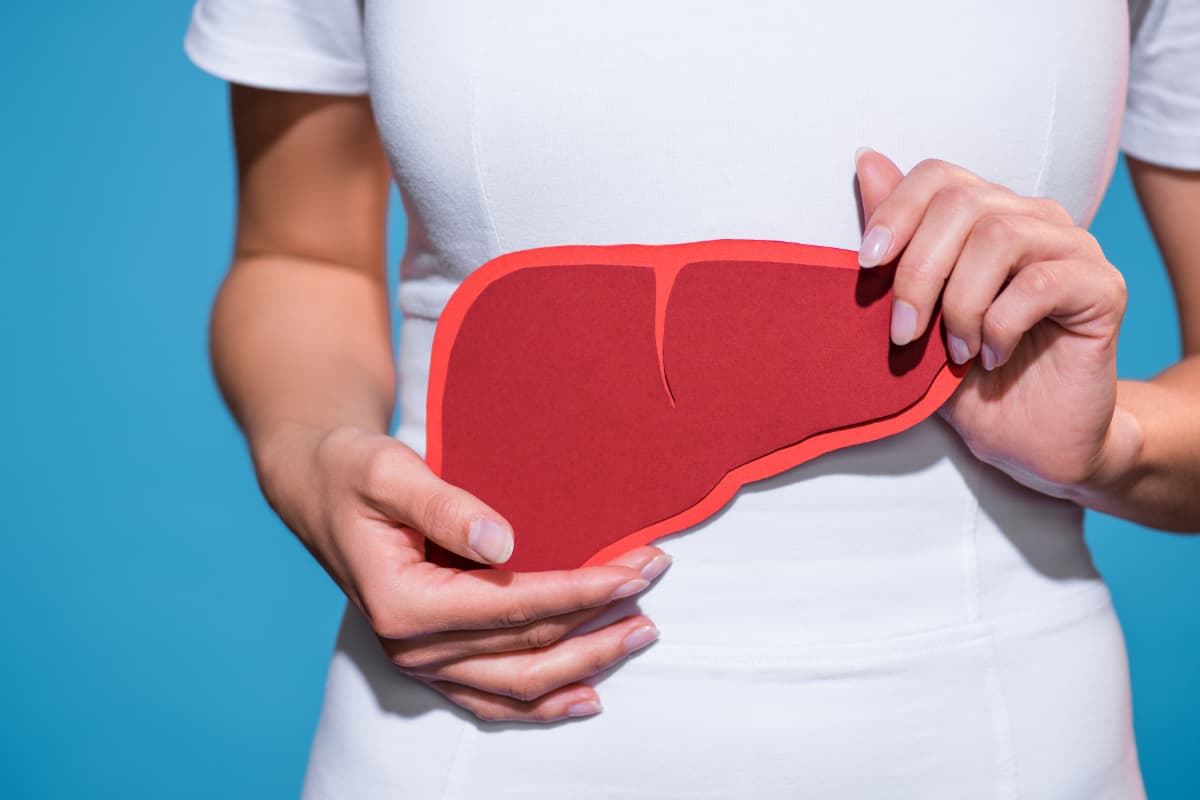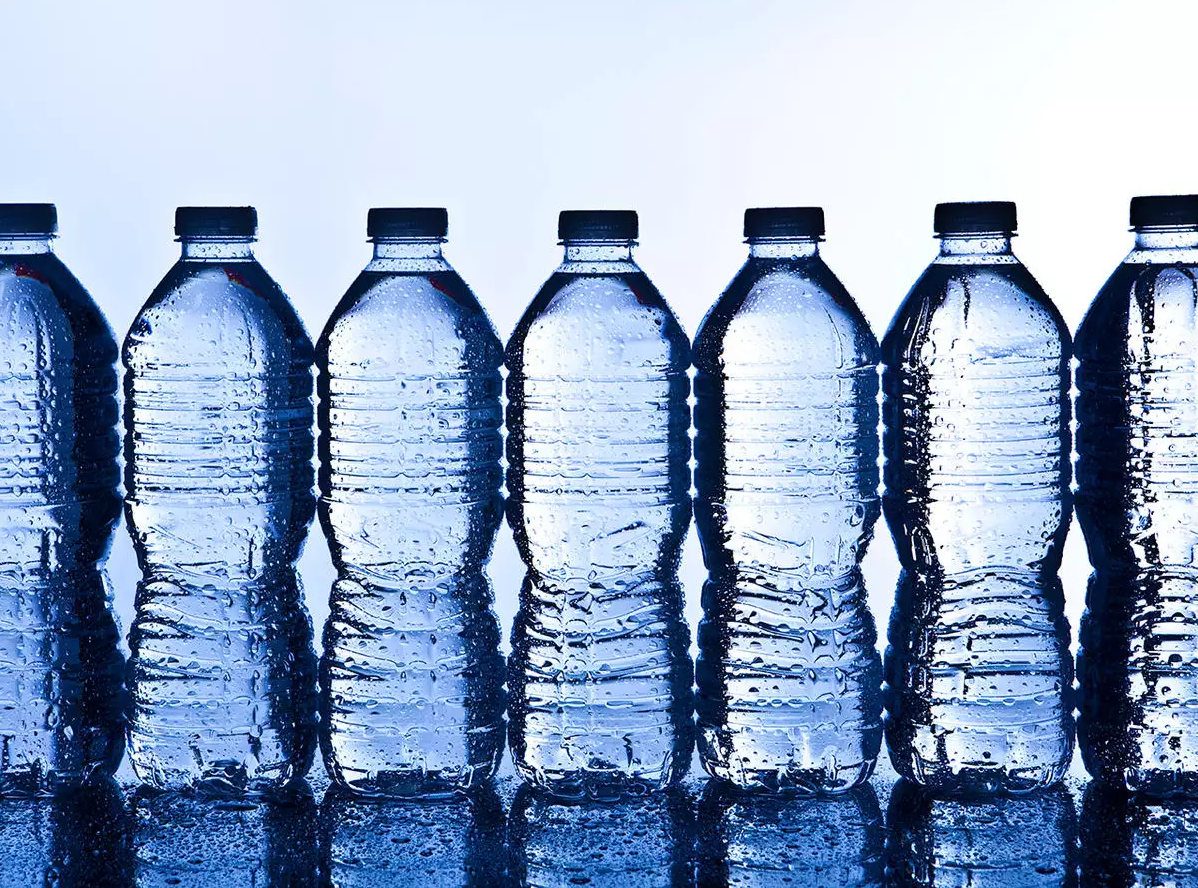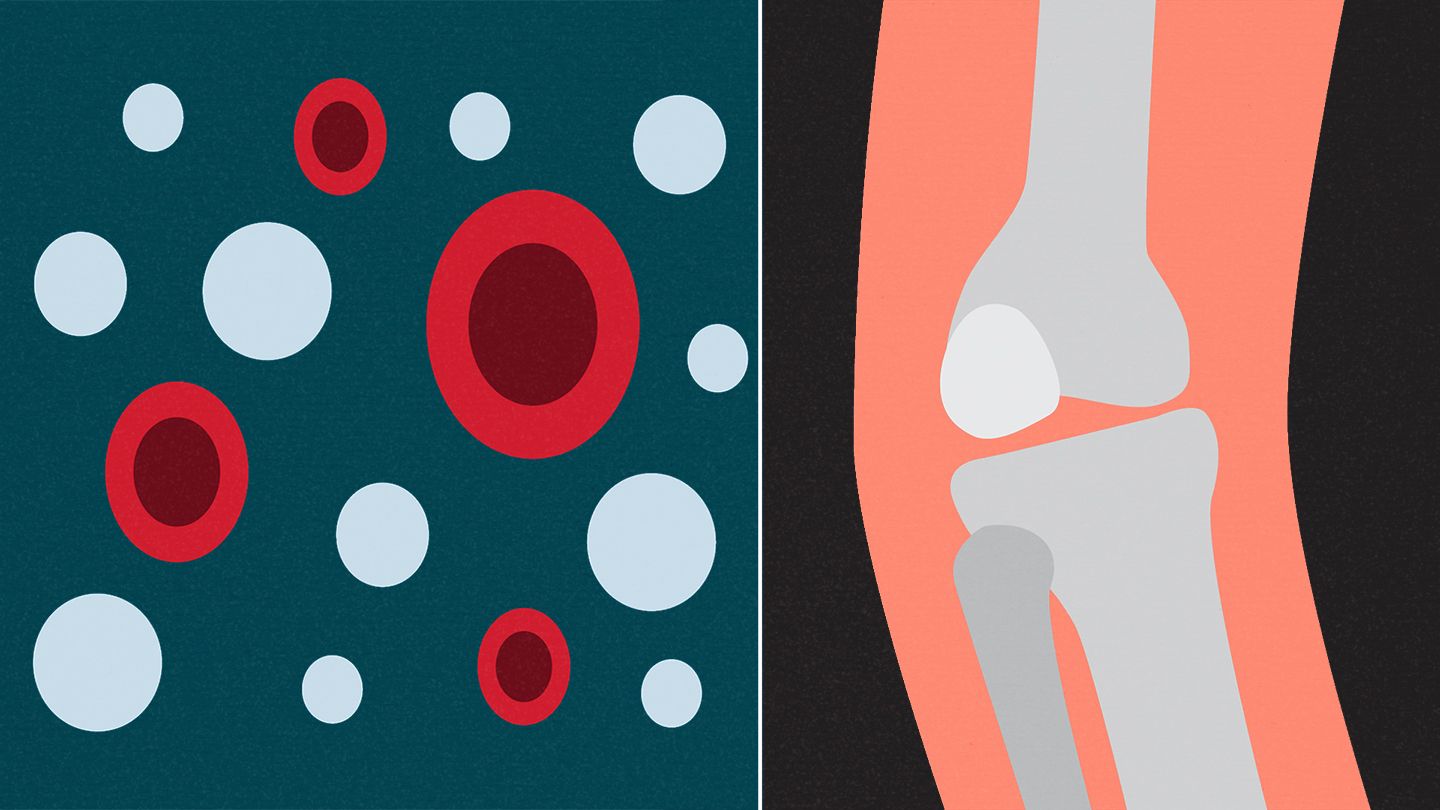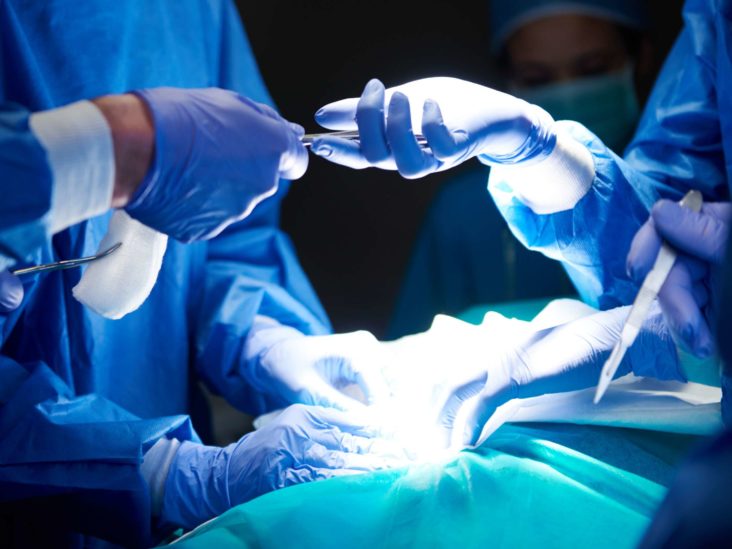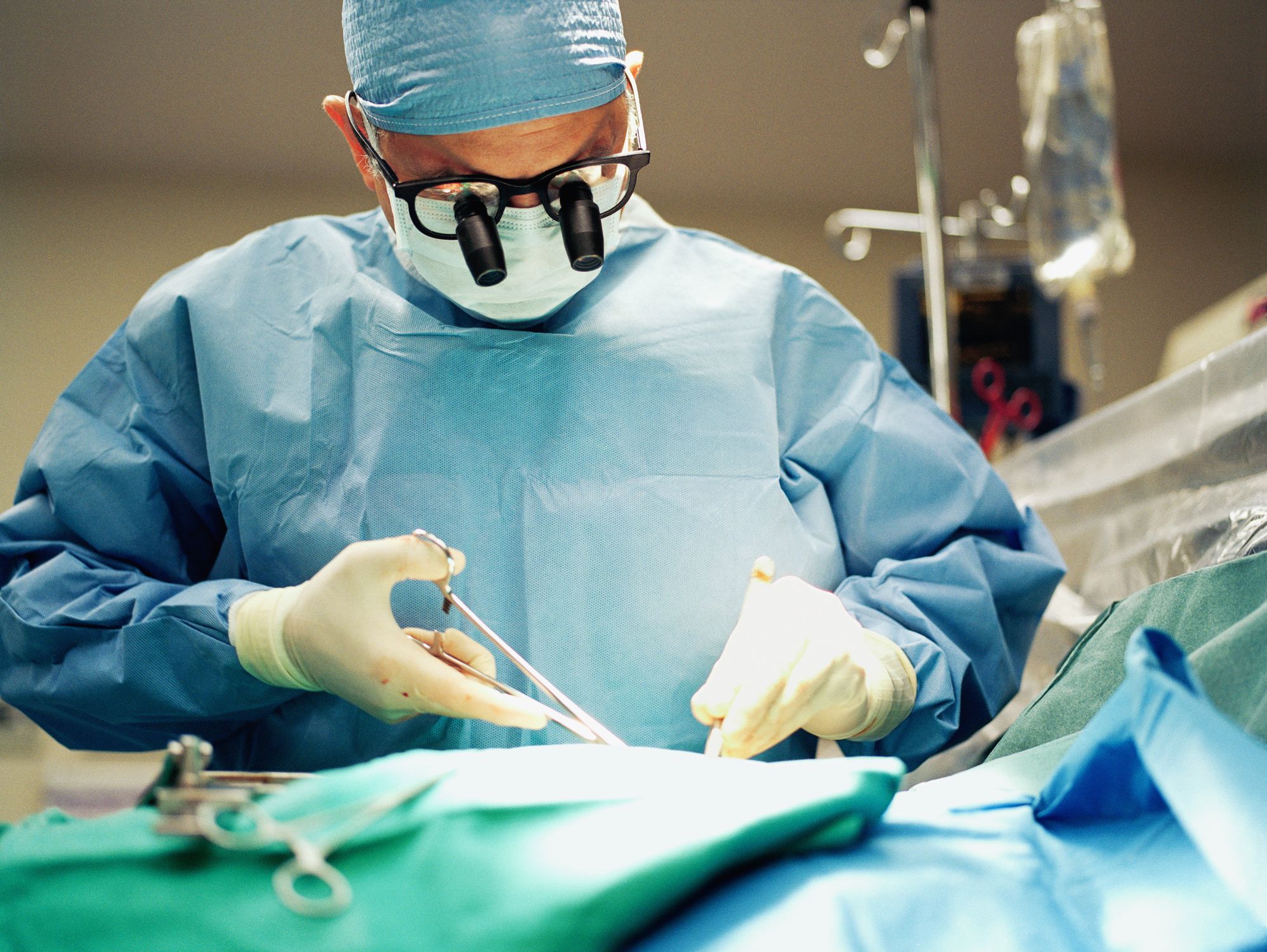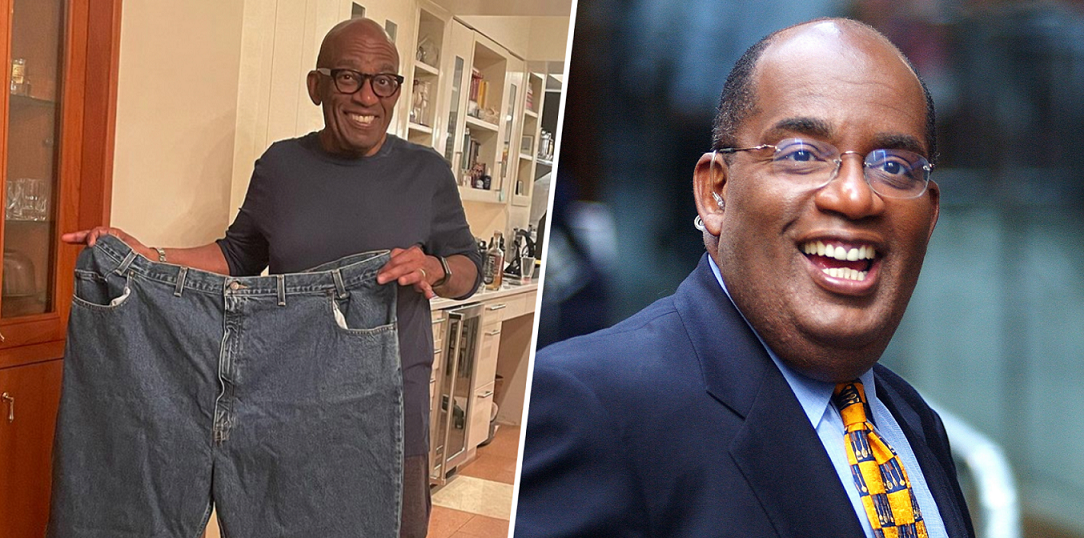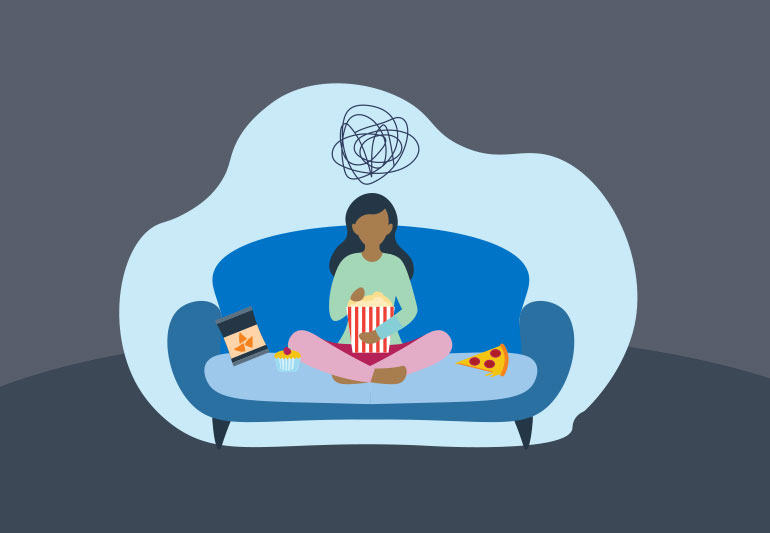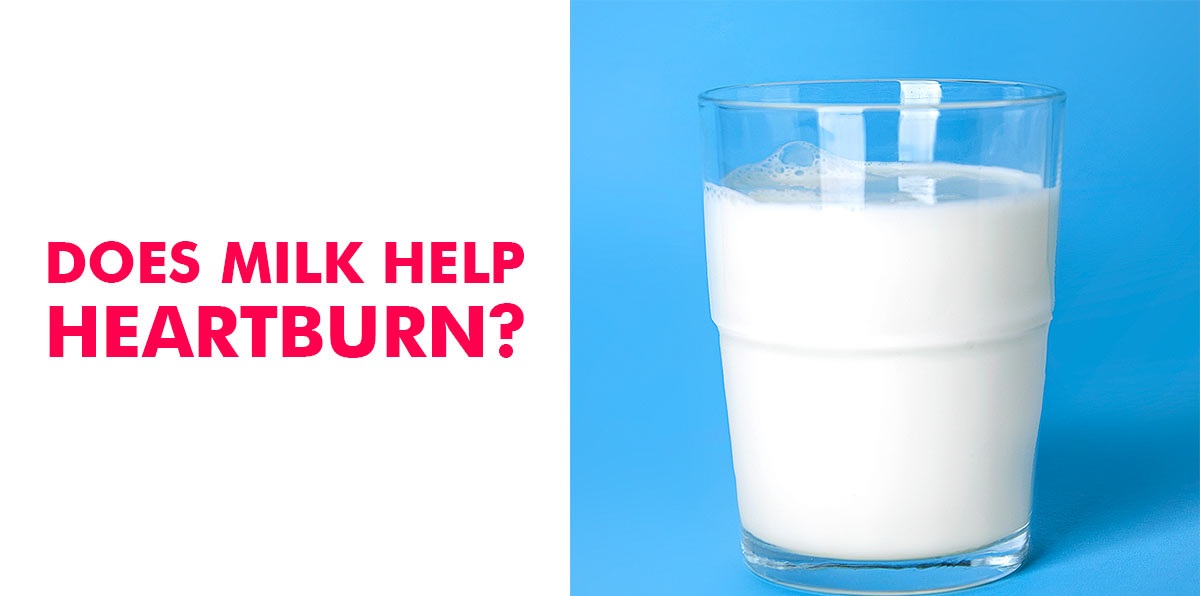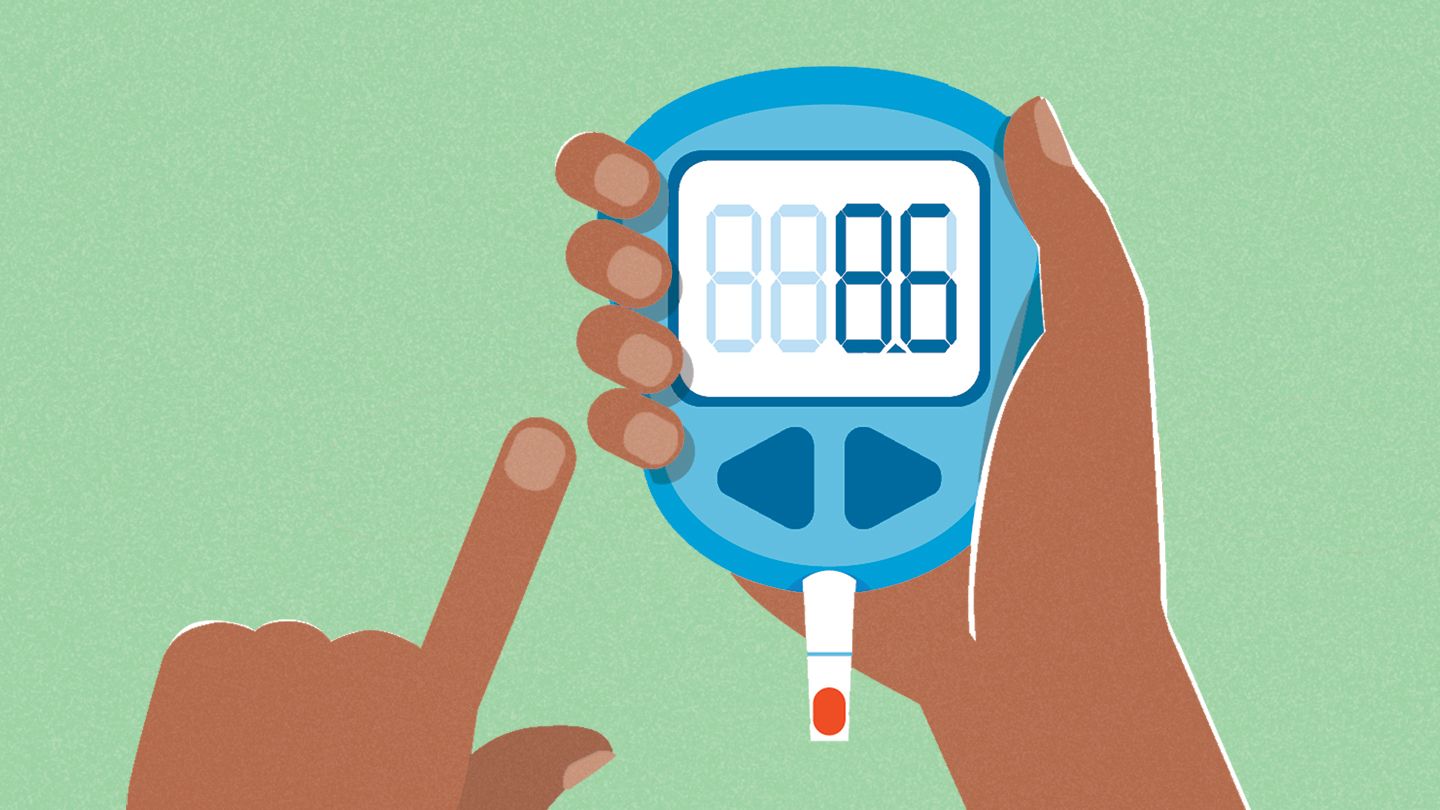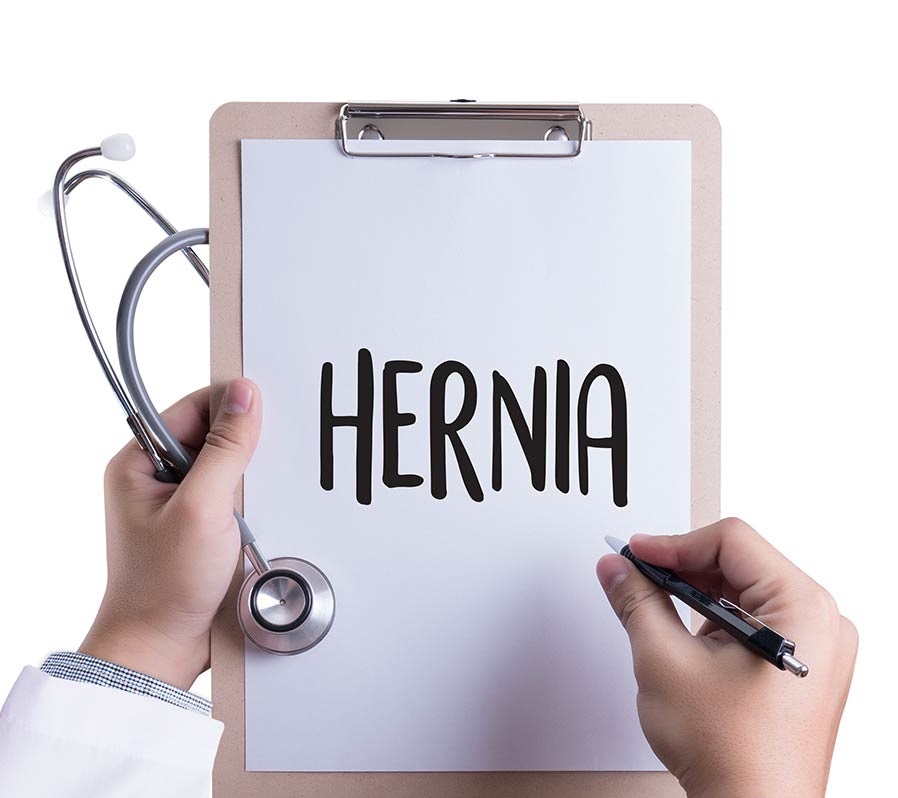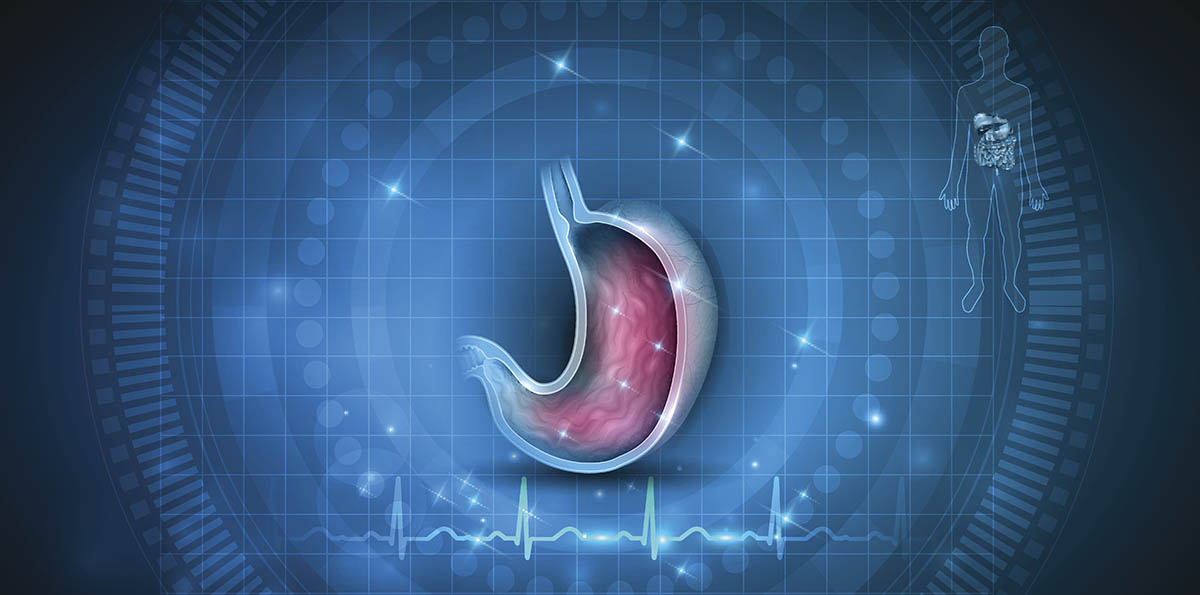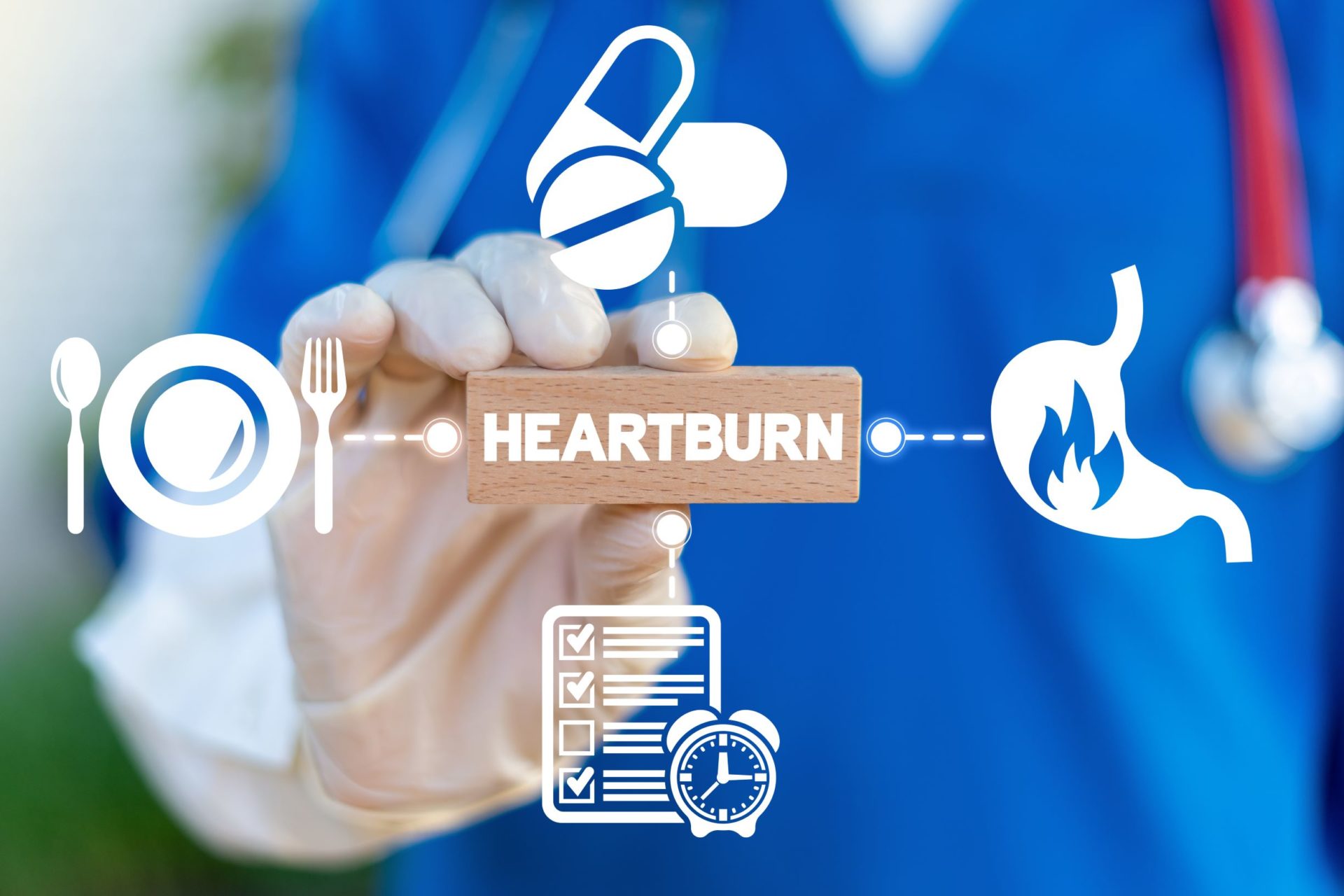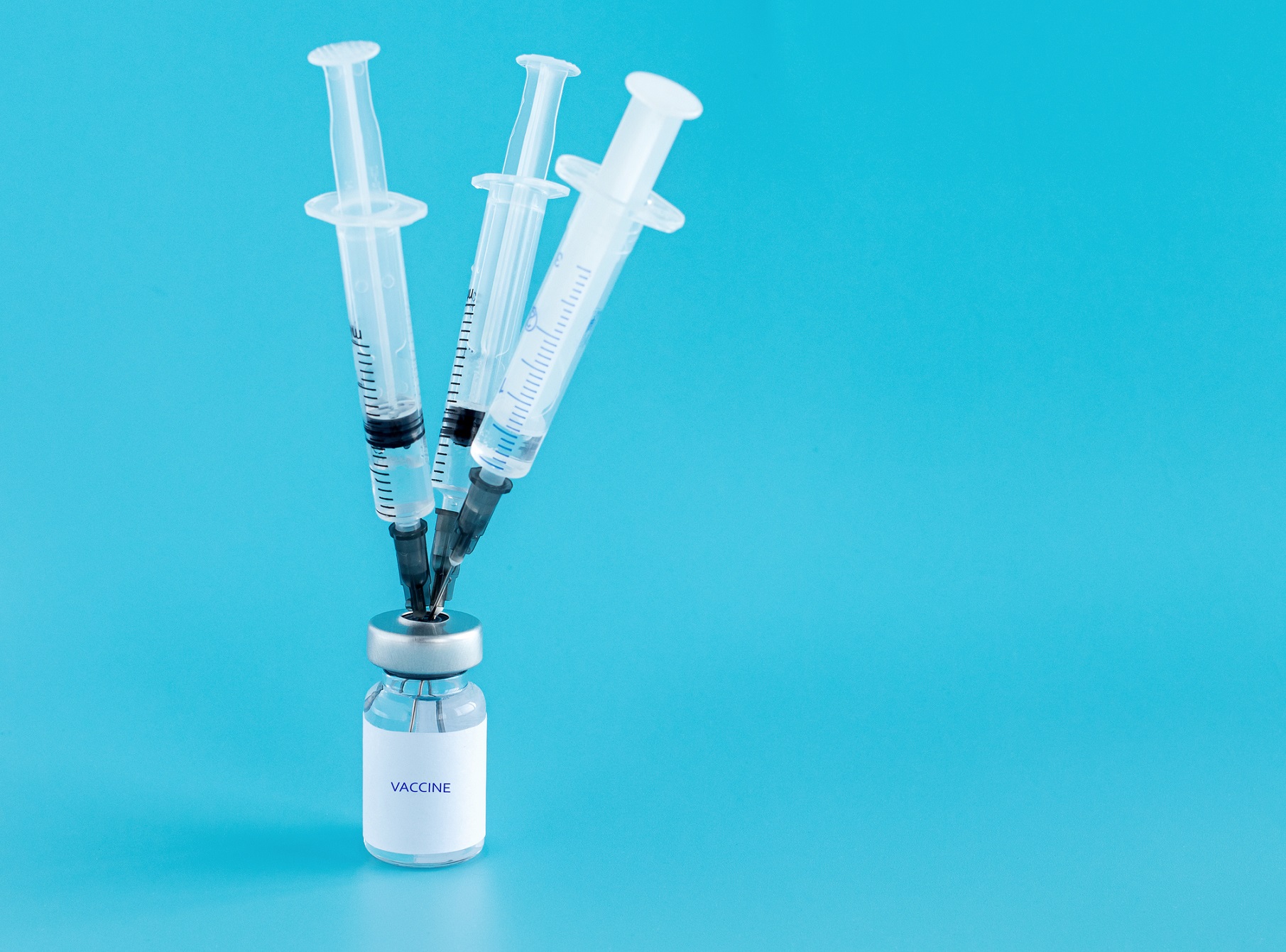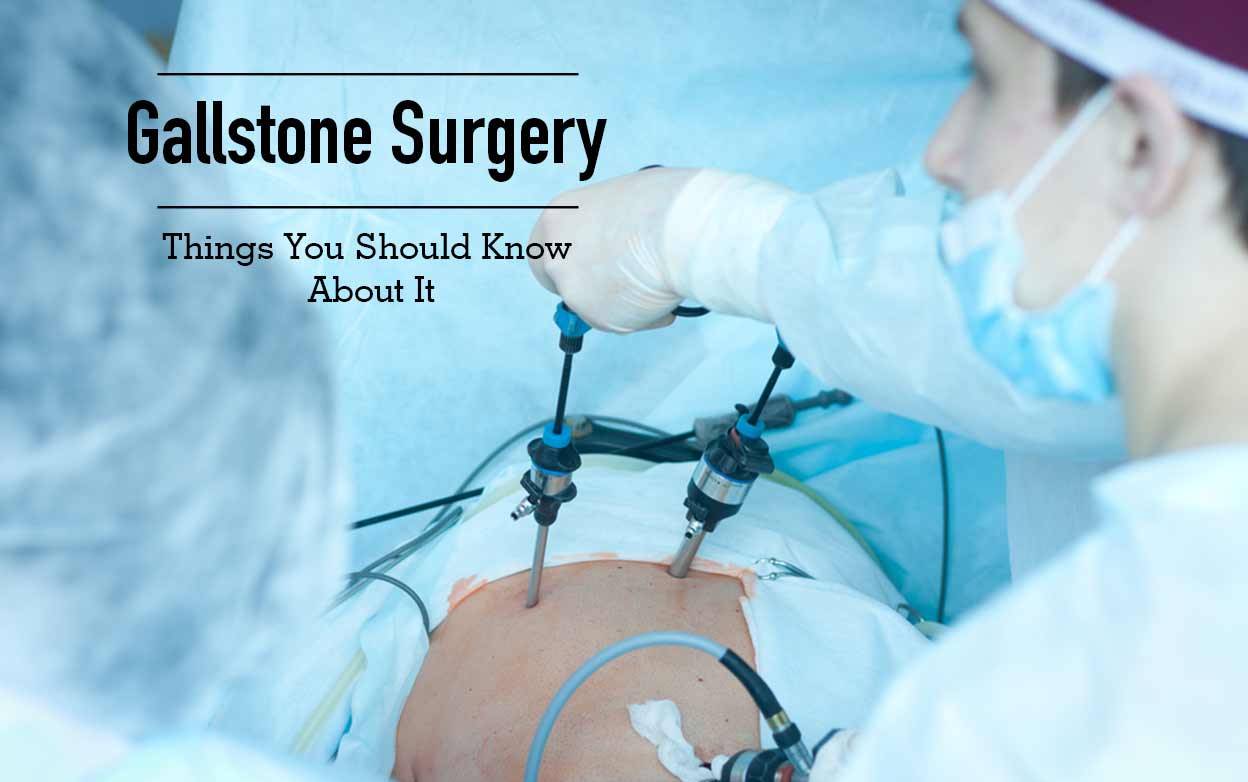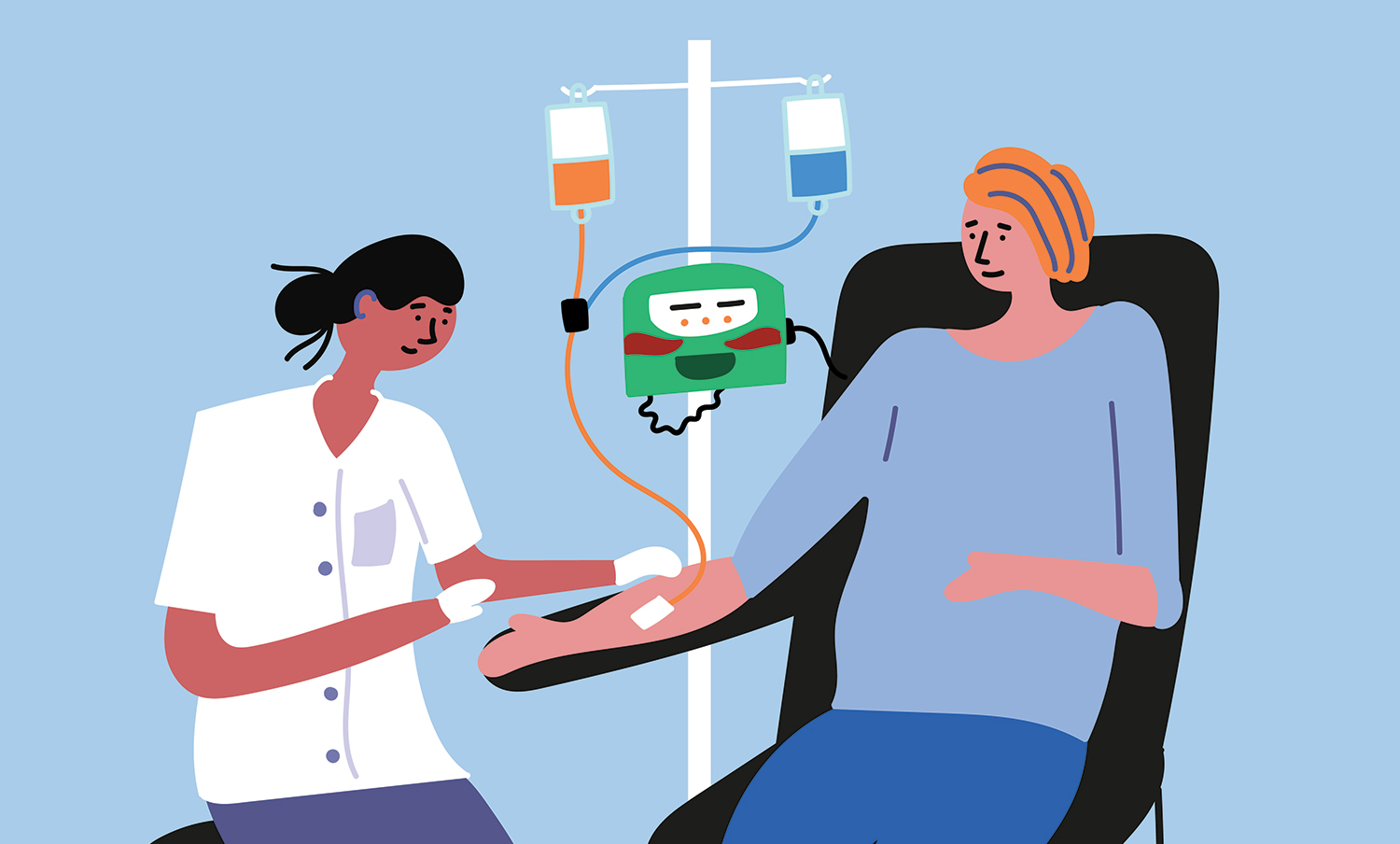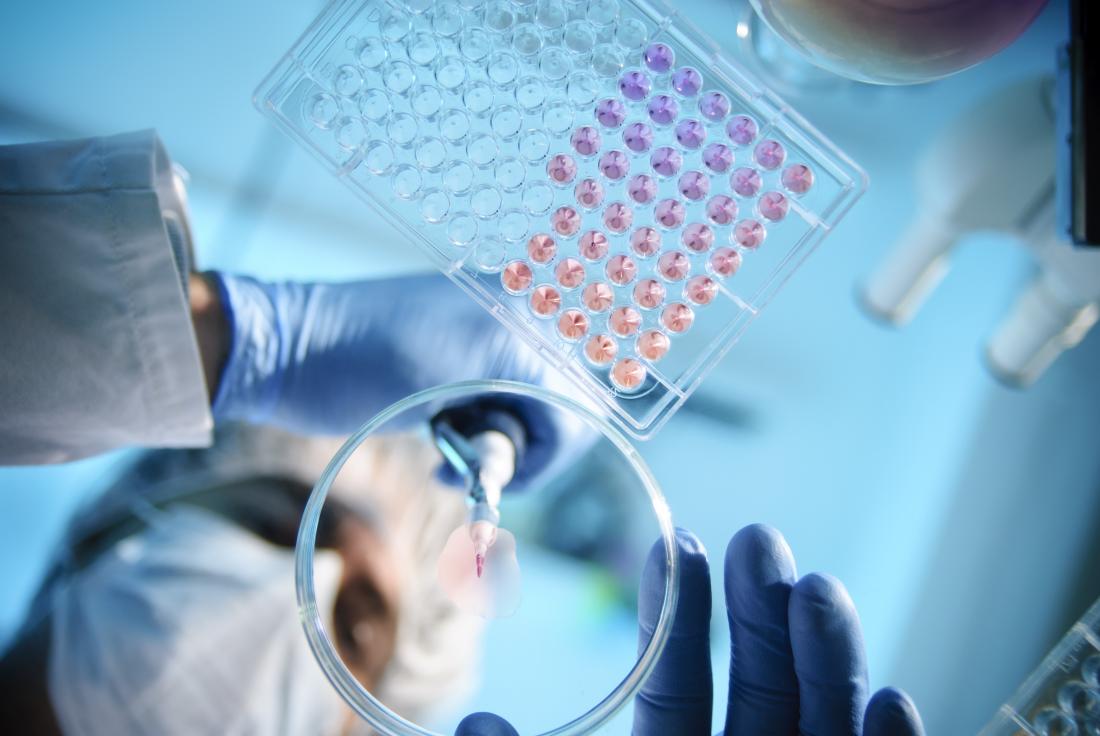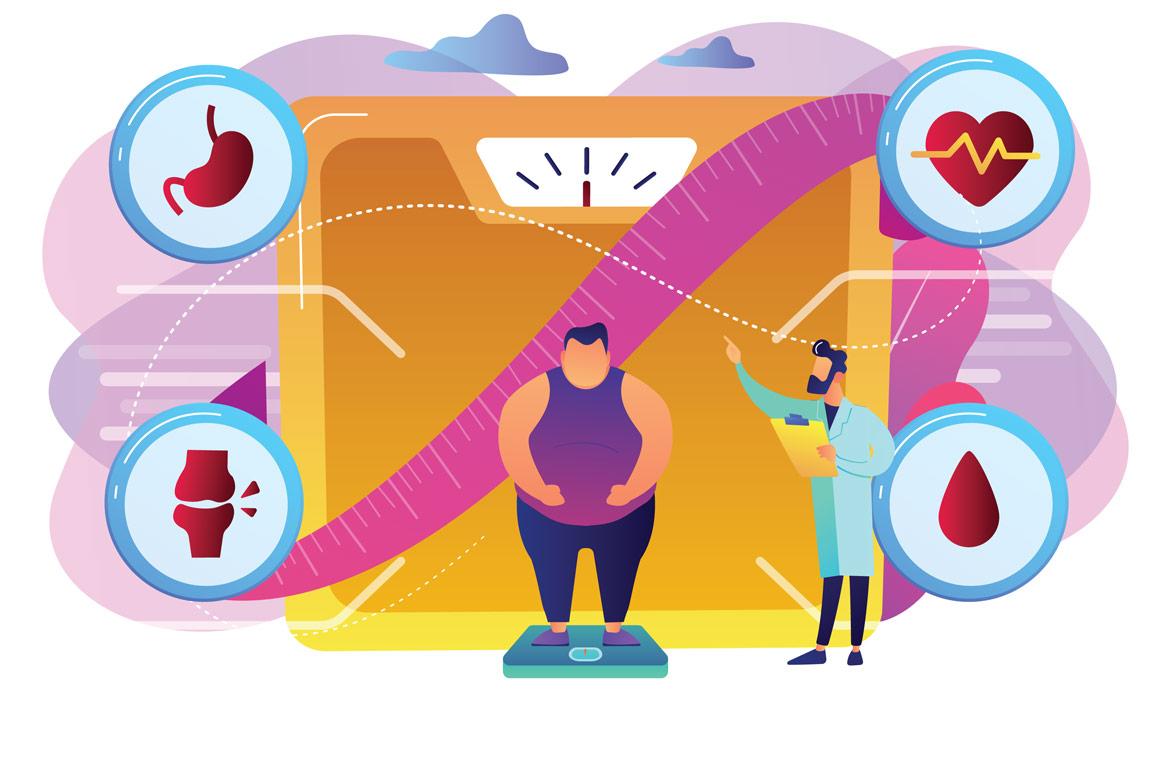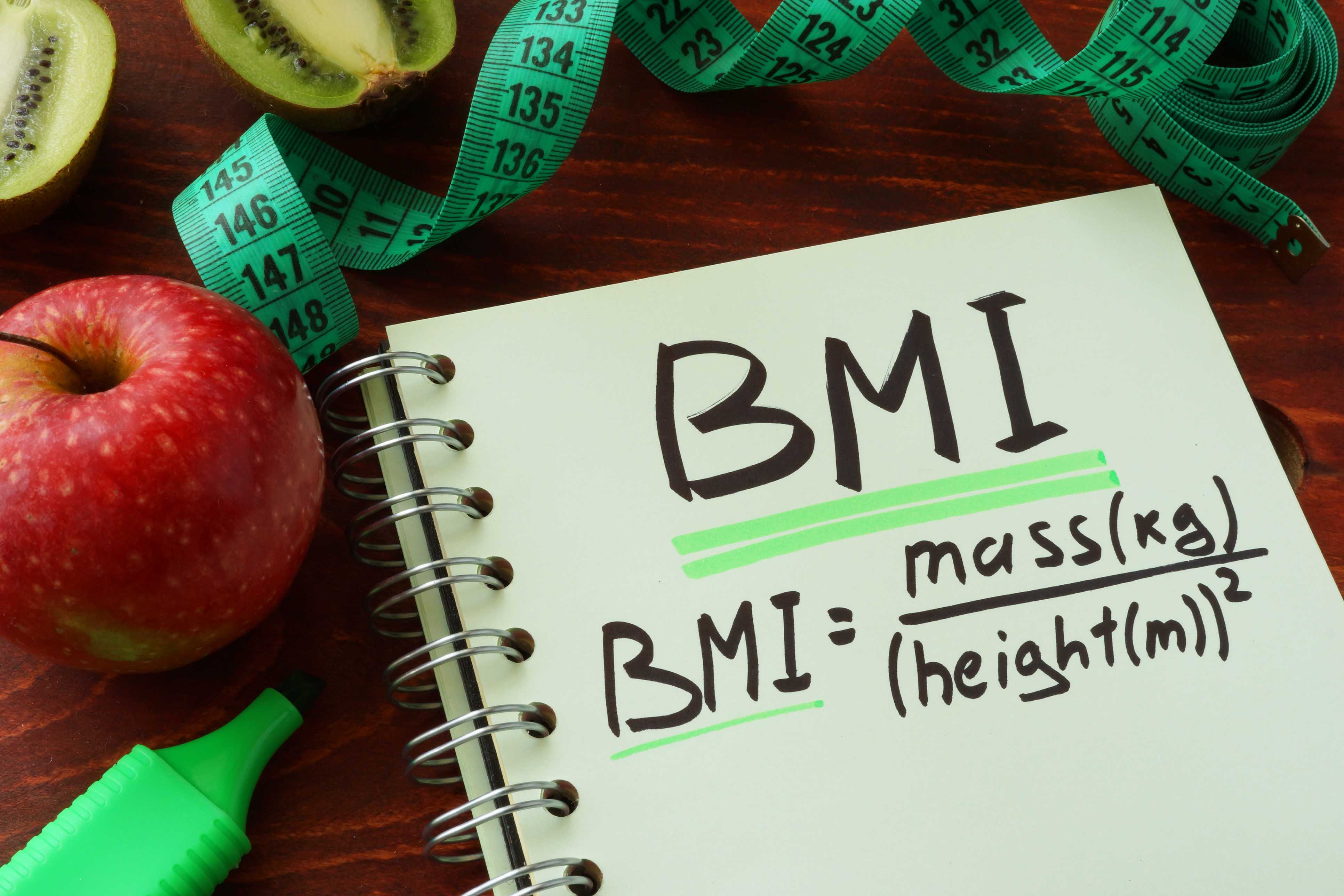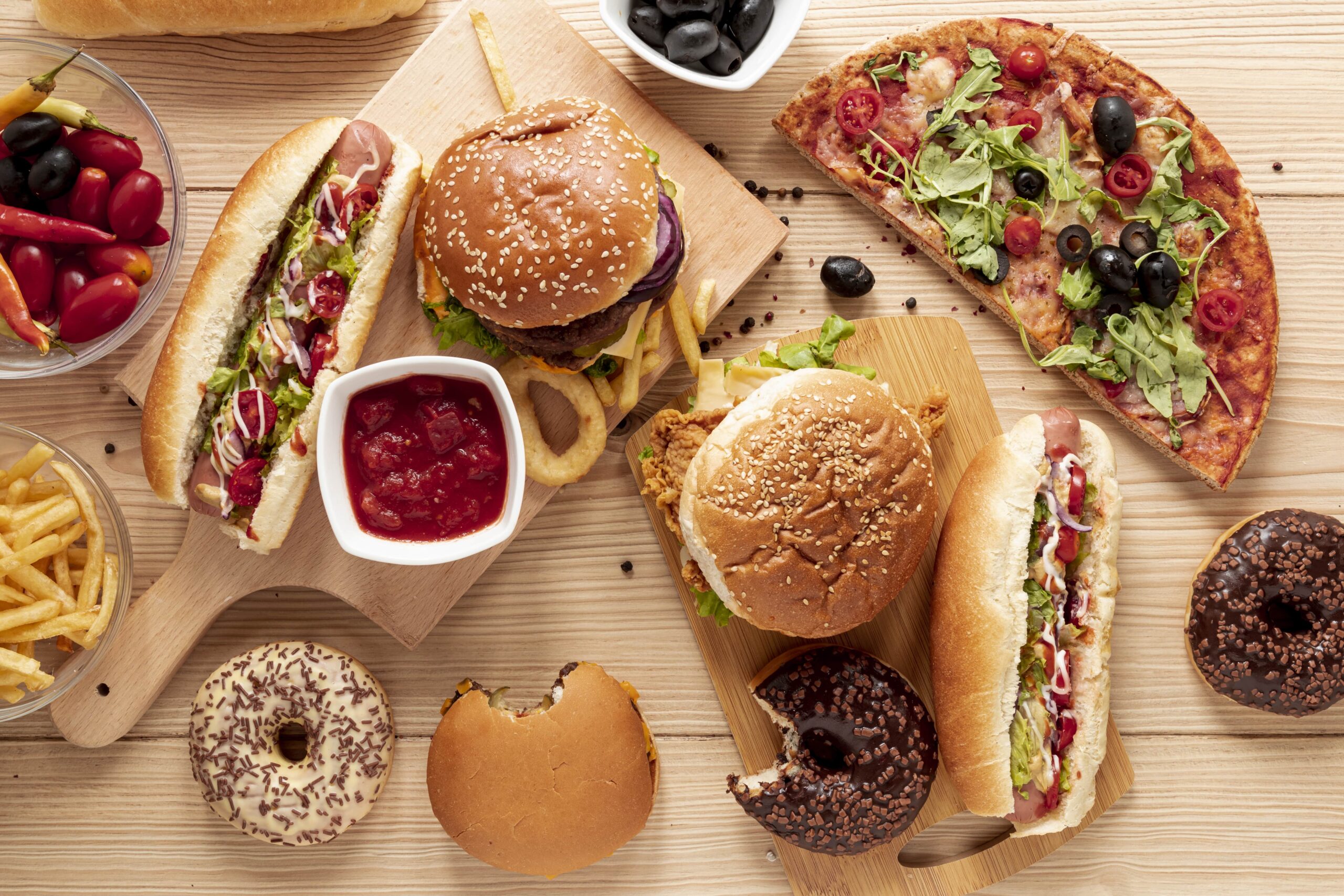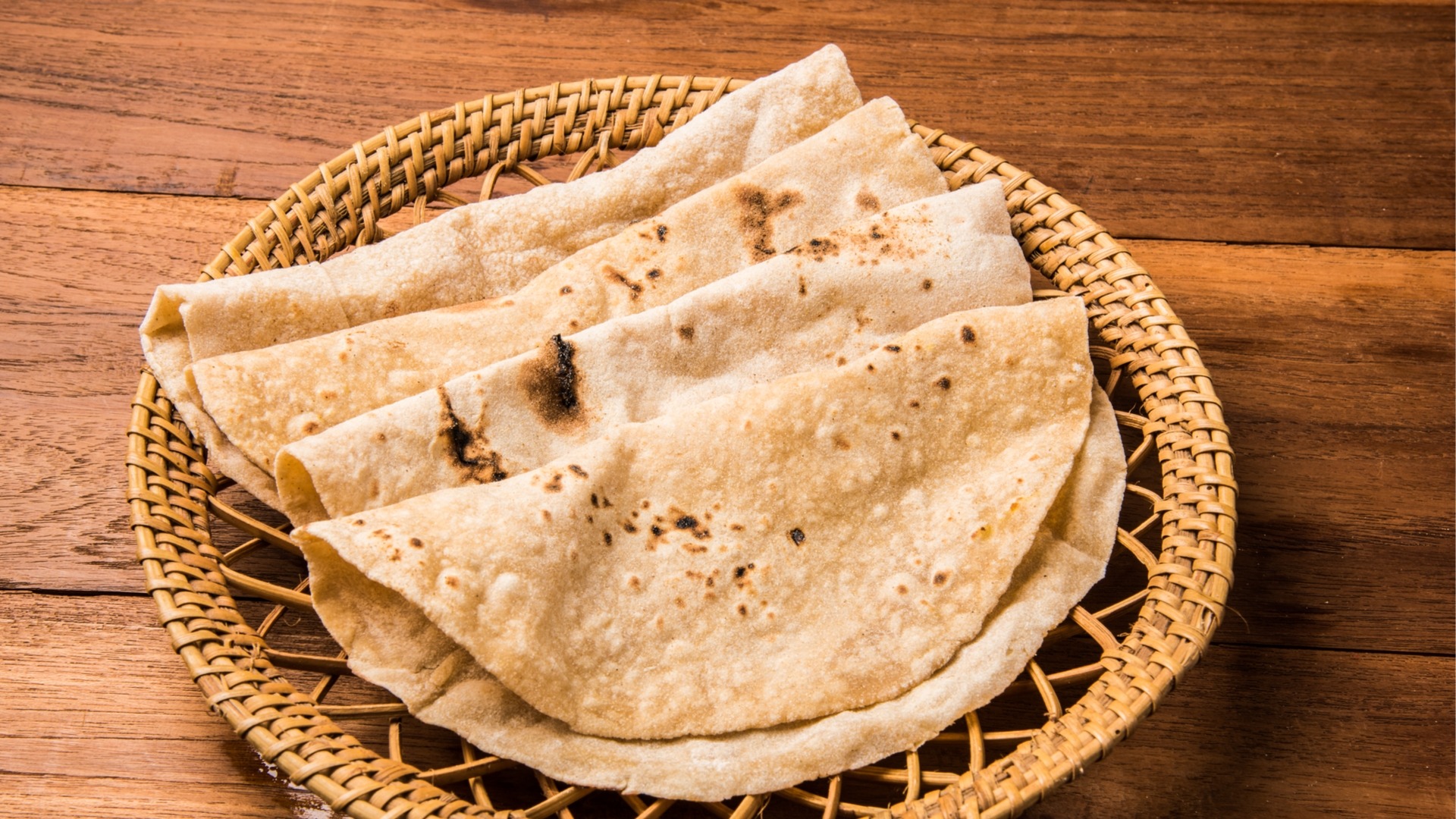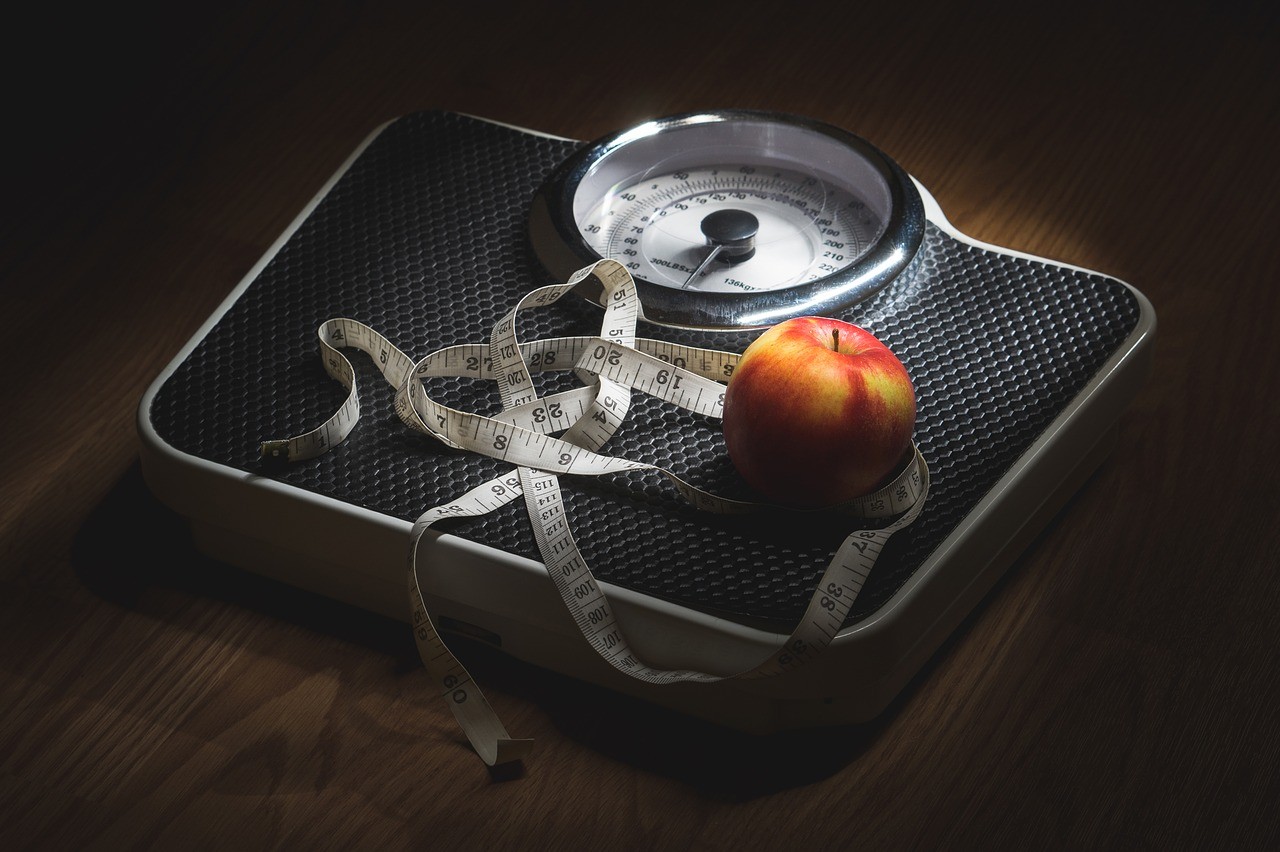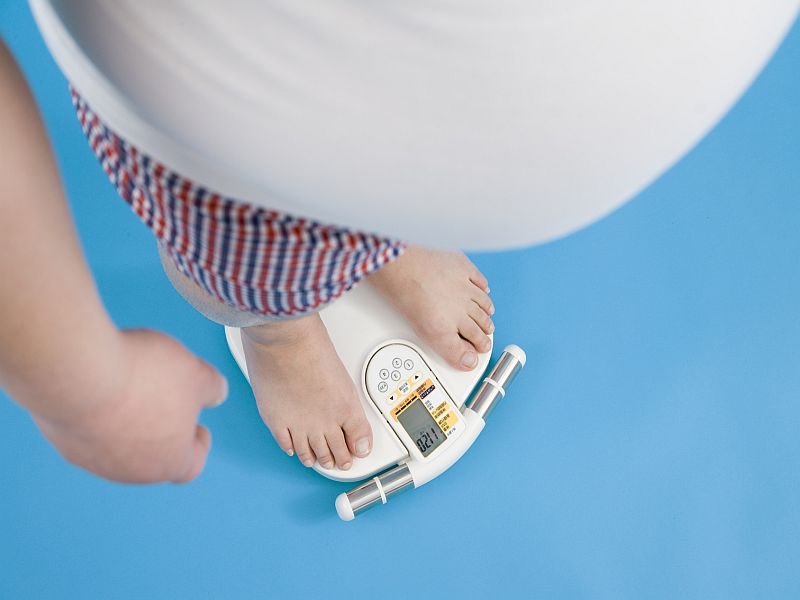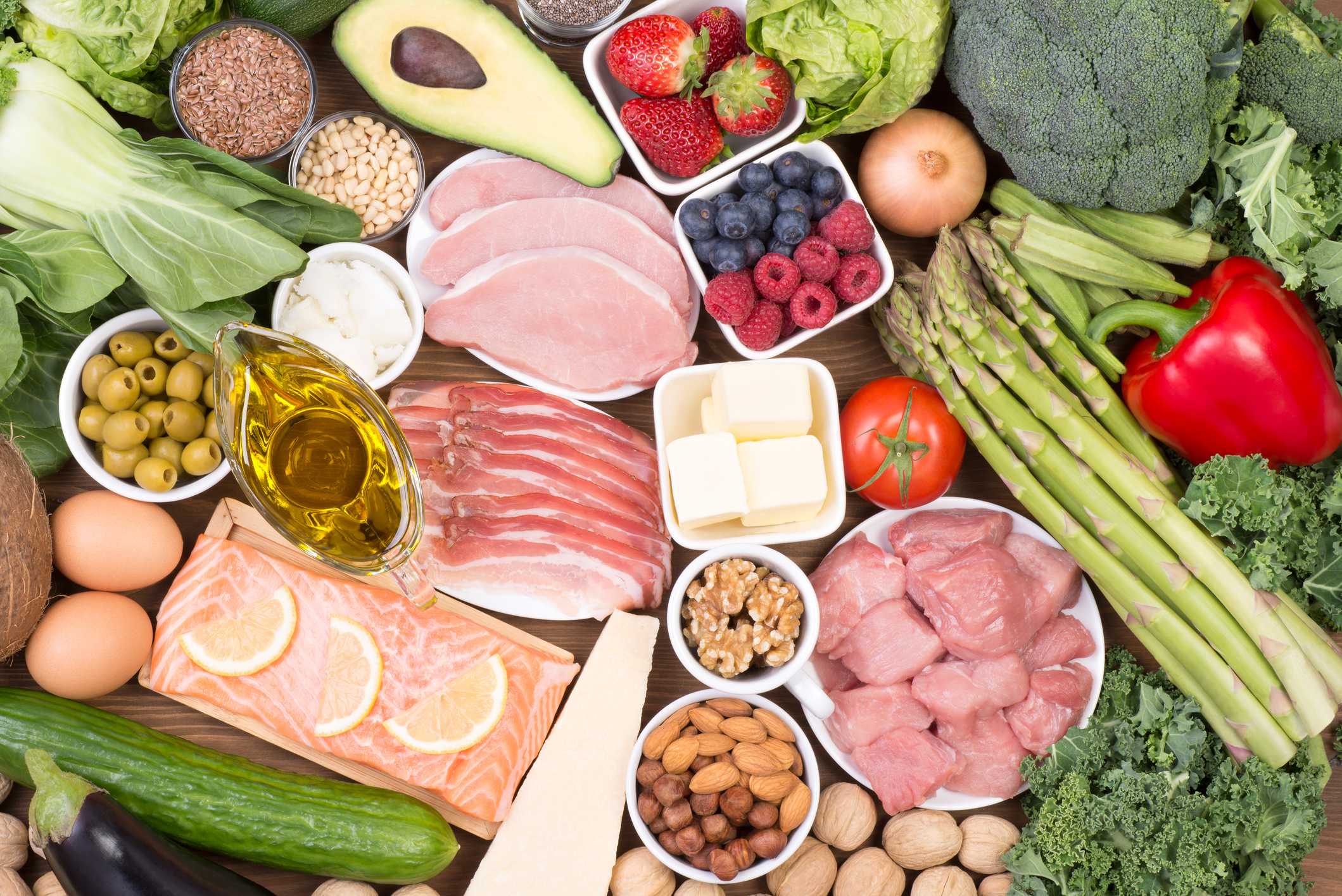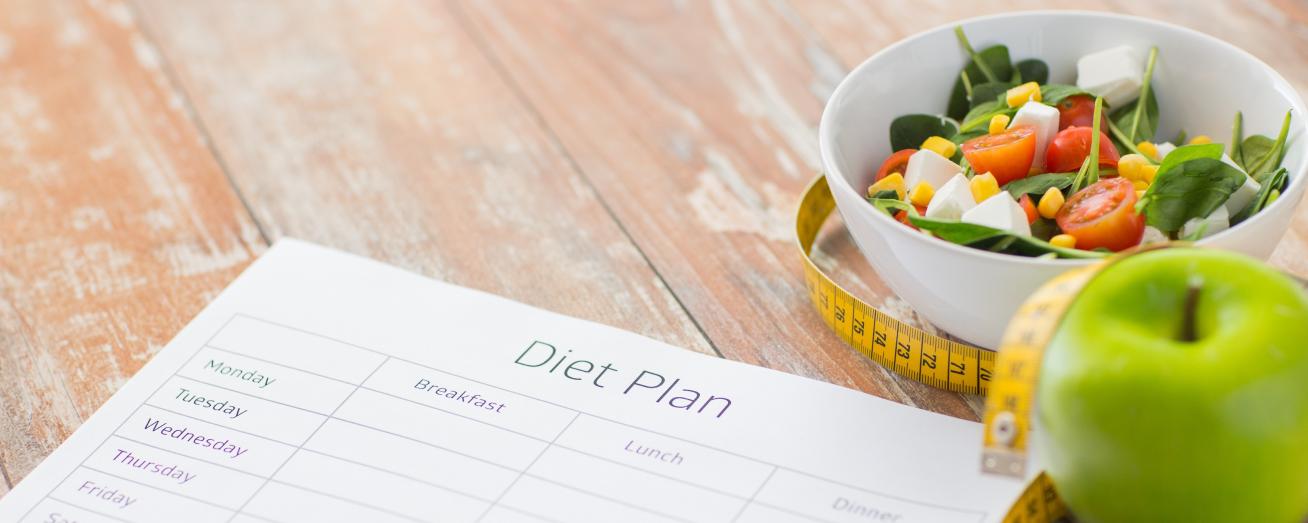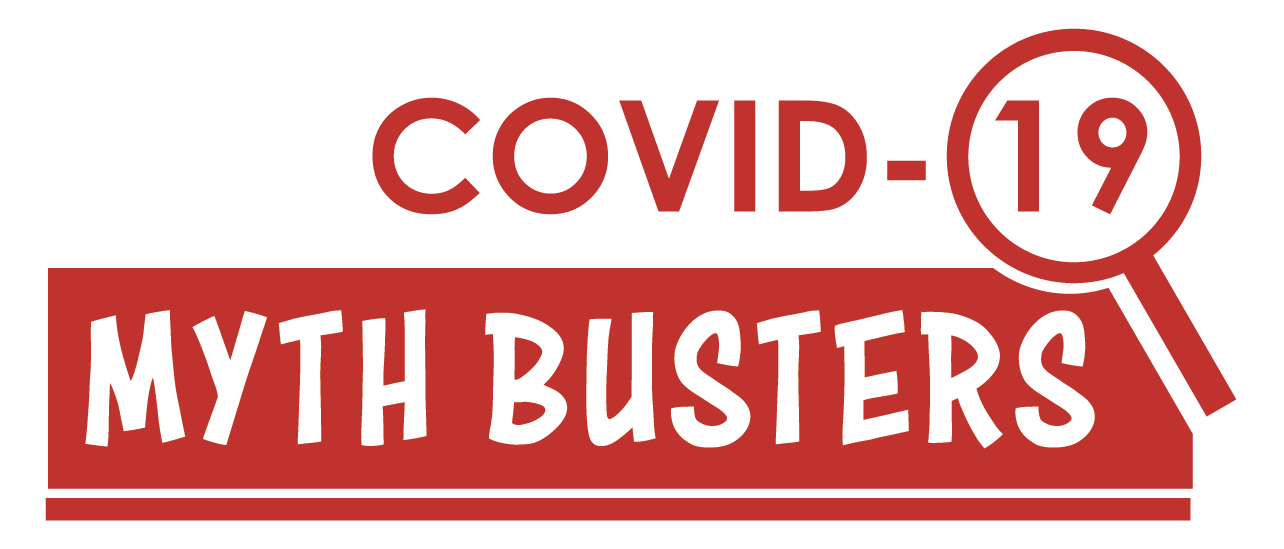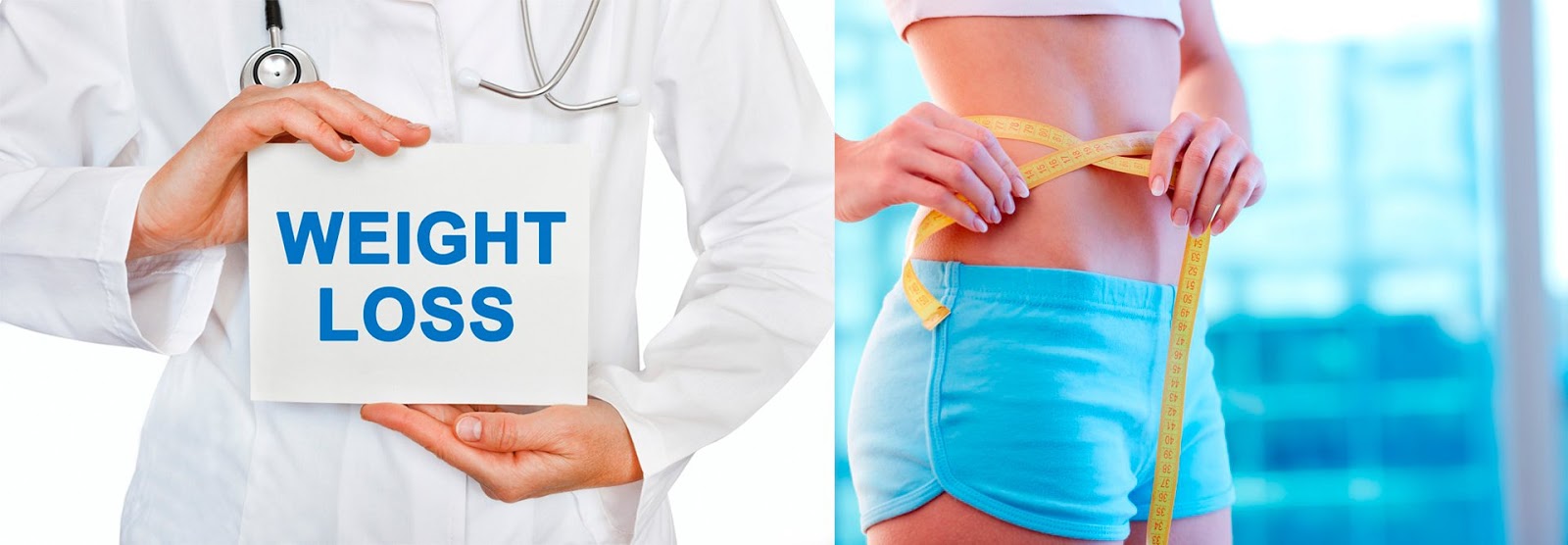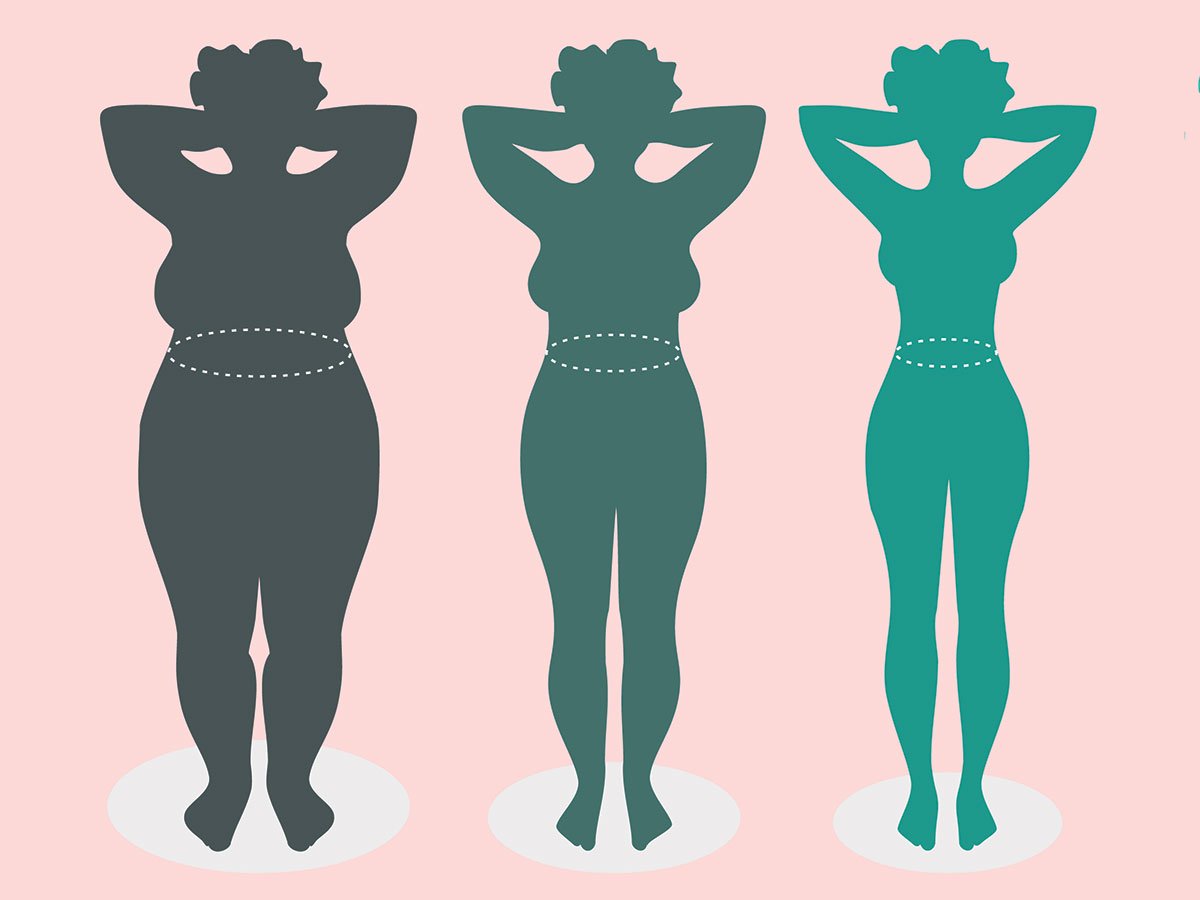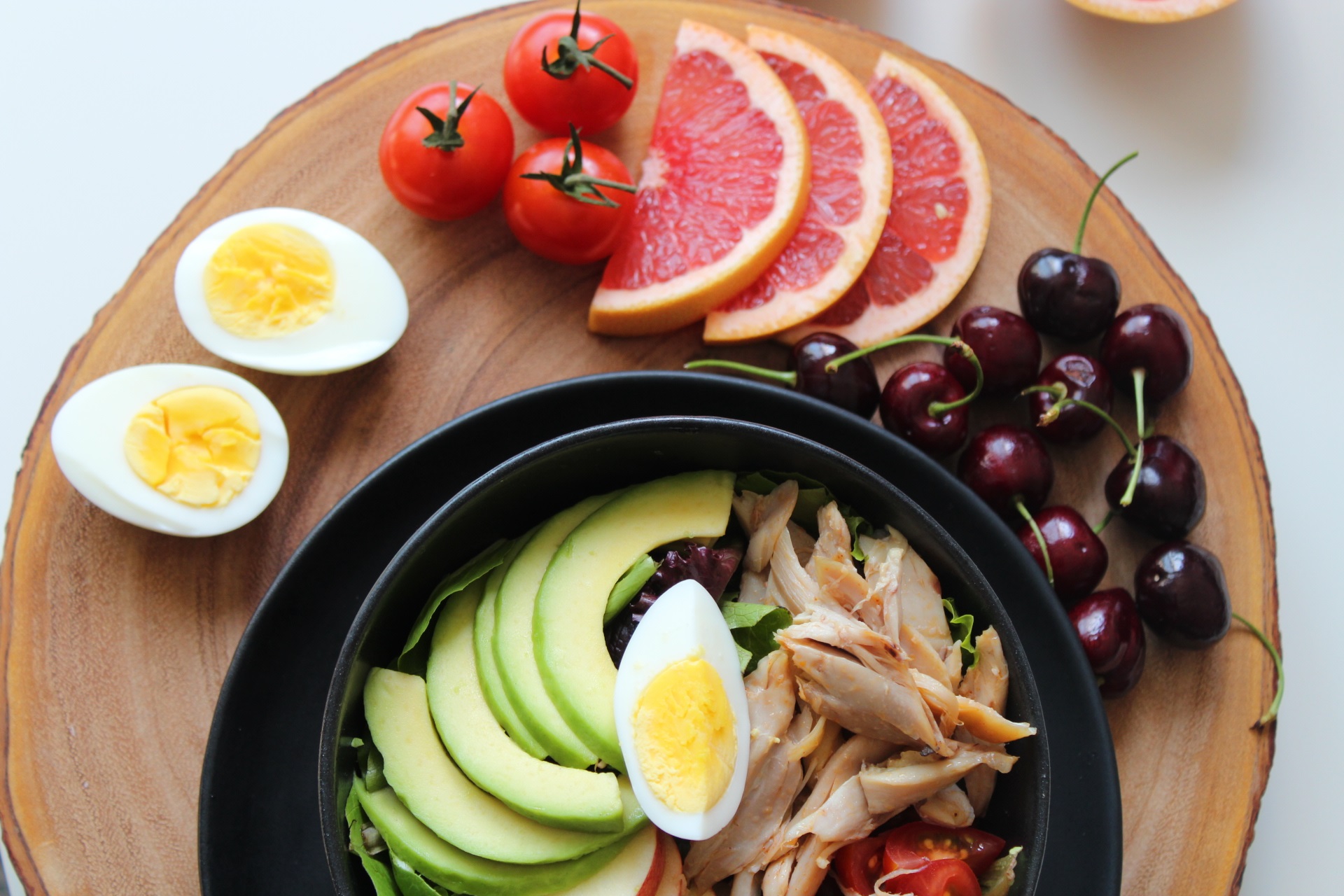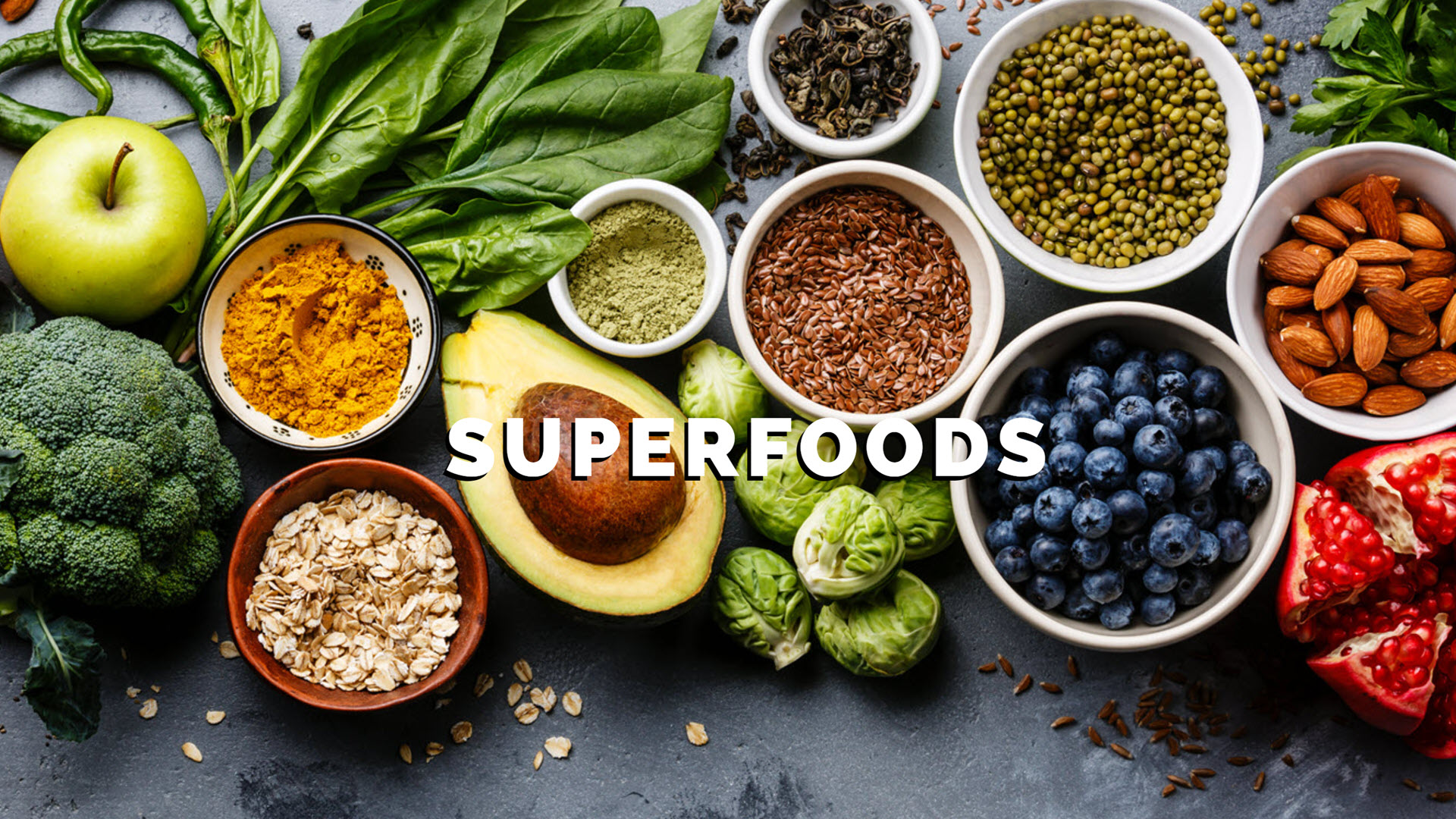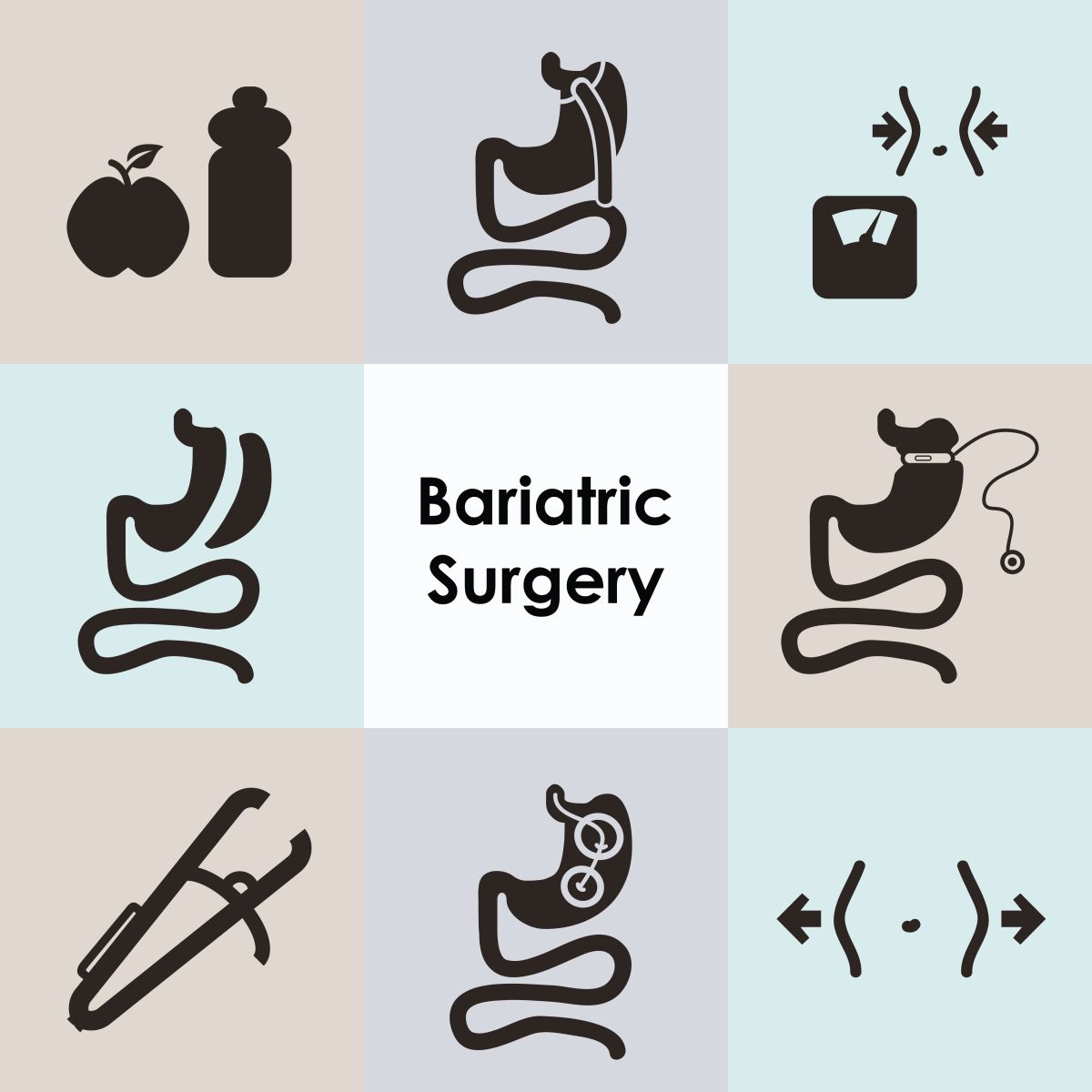After Obesity Surgery, Diet, Healthy Food
Make Protein A Priority After Weight Loss Surgery
If you have had weight loss surgery or know someone who has, then you know that eating enough protein is one of their key nutritional goals after surgery.
Summary: 60 Second Read
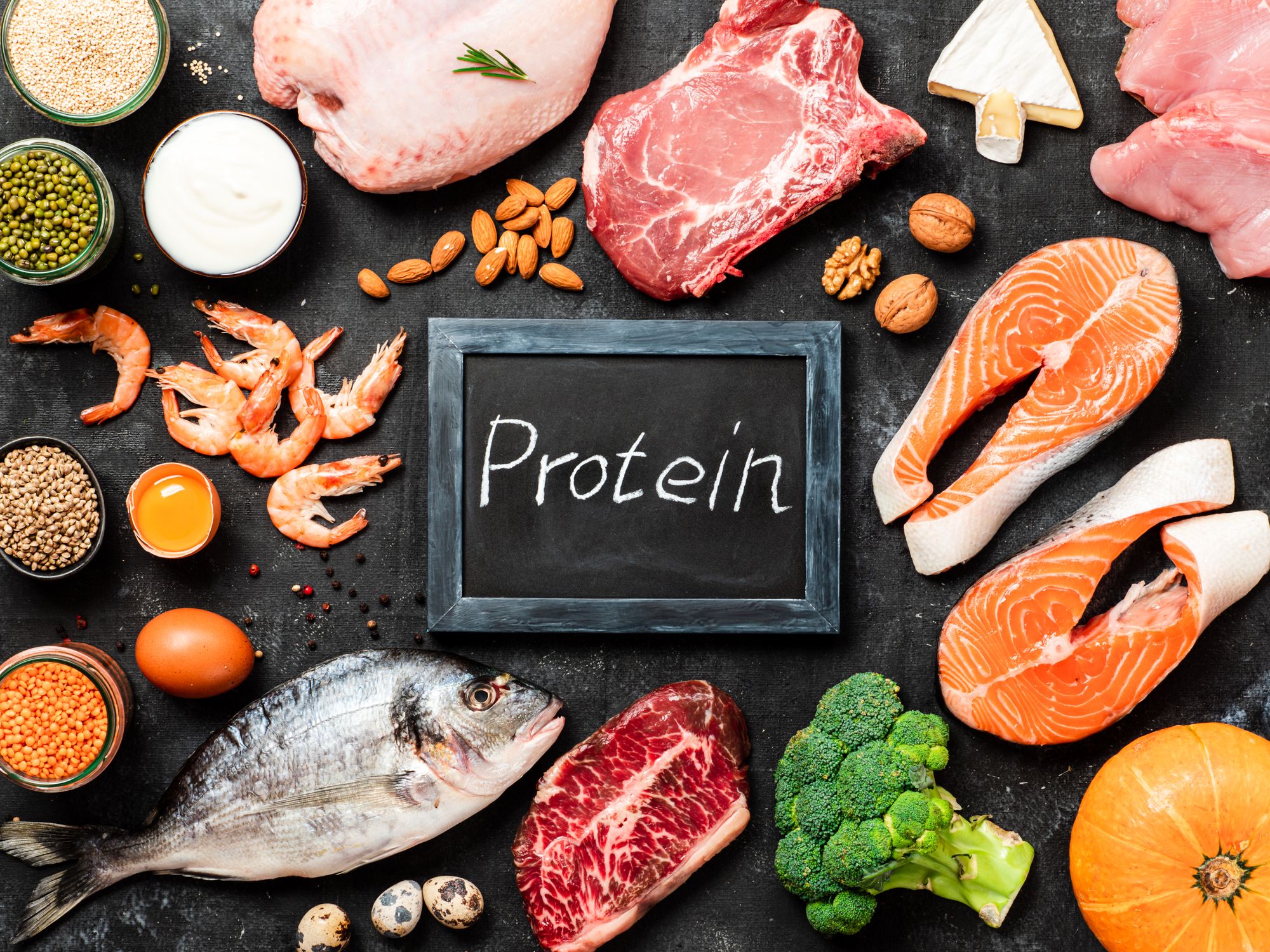
After a weight loss surgery, you should strive to eat between 60 and 80 grams of protein each day or as recommended by your doctor. This might not sound like a lot, but with an egg-sized stomach, it can be a challenge.
The Importance of Protein
Protein affects the human body in many different ways. It helps build and maintain muscle mass and acts as a source of energy. Eating enough protein will also help keep your hair, skin and nails strong.
If your diet doesn't include enough protein, you might notice thinning hair about 6 months to a year after weight loss surgery. That’s because the human body can’t make protein without food – and also has no way to store protein – making it important to consume enough daily.
When you lose weight, it isn’t just fat, but muscle, as well. The goal of eating 60 to 80 grams of protein every day is to help minimize muscle loss (source). Holding onto more muscle can also help minimize sagging skin that is common after surgery.
Protein First
When sitting down to a meal or snack, start with protein. While fruits, vegetables and other carbohydrates are still part of a healthy diet, the priority is always protein.
For the first few weeks after surgery, you'll get most of your protein from shakes. However, as you reintroduce more solid foods into your diets, you'll need to make sure you're eating protein with every meal and snack.
High protein foods include meat, chicken, fish, tofu, milk, yogurt, eggs, cheese, beans, nuts, quinoa and soy products (source). Buying low-fat or non-fat milks, cheeses and yogurts will help reduce the amount of calories and fat in your diet. It is also important to look for added sugars in yogurt- opt for Greek yogurt to maximize protein while minimizing sugar. Choosing leaner cuts of meat- free of fat and skin- is another easy way to save on calories.
Adding protein powder to foods that may not otherwise contain high amounts of protein can be an easy way to change up your day-to-day diet.
Follow up is key
The delicate balance of adequate protein, hydration and nutrients is not easy to achieve alone. Good consistent follow up is one of the best ways to stay on top of all of your nutrition requirements after weight loss surgery. Your needs can often change over time, as you lose weight or adopt different lifestyle changes such as more rigorous exercise.
It is always a good idea to check in regularly on your nutrient levels so that you know your current diet and lifestyle is being supported by a strong, healthy body.
Maintaining good levels is most times easier with the help of a great dietitian. They can look at ways to balance all of your nutritional needs. At the same time, they are helping you to personalise a plan which fits in with your lifestyle and diet preferences.
Book an online consultation with our experts-

